- Home
- entertainment
- news
- The Nobel Peace Prize winner the year you were born
The Nobel Peace Prize winner the year you were born
Gabbi Shaw,Shelby Slauer,Melina Glusac

- The Nobel Peace Prize has been recognizing global strides in peace-making since 1901.
- Famous recipients range from the Dalai Lama to Barack Obama.
- Here is every winner from 1901 to 2020 - the 2021 winner will be announced on October 8.
1901: Henry Dunant and Frédéric Passy
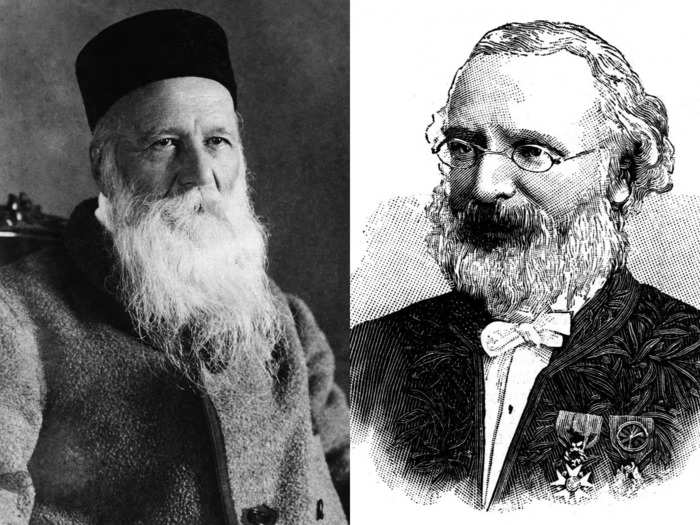
Dunant and Passy split the very first Nobel Peace Prize between the two of them.
Dunant won for founding the International Committee of the Red Cross in 1863. Passy received the honor for founding the first French Peace Society (Société Française pour l'arbitrage entre nations) in 1878.
1902: Élie Ducommun and Charles Albert Gobat
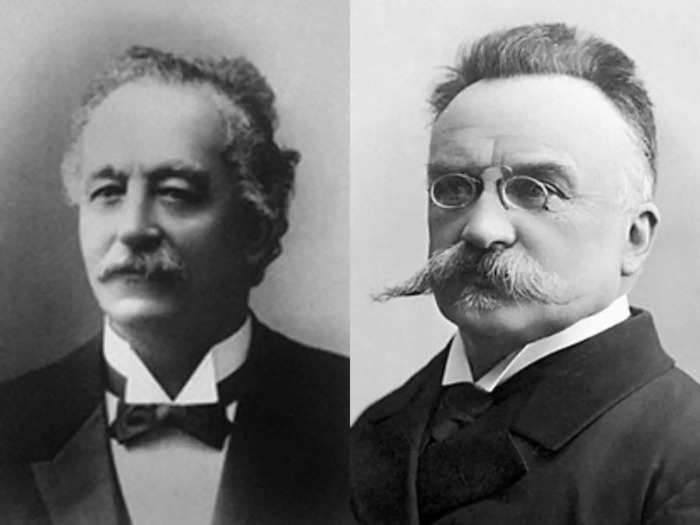
Ducommun mainly won for his work at the International Peace Bureau, at which he served as the honorary secretary-general, but the Nobel Prize website states that, in his spare time, he "prepared programs for international peace congresses, published resolutions, and corresponded with promoters of peace."
Gobat won "for his efforts to bring popularly elected representatives from various countries together at meetings and congresses." He also knew Ducommun well — when he died, Gobat took over as the secretary-general for the International Peace Bureau.
1903: William Randal Cremer
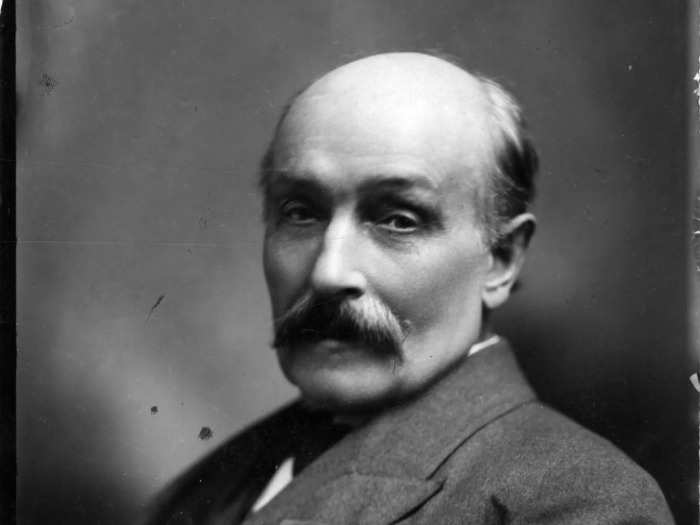
Cremer was nicknamed the "Master of Arbitration," which is why he received the award. Through his work with the International Arbitration League, he sought to solve conflicts through discussion, not war.
1904: Institute of International Law
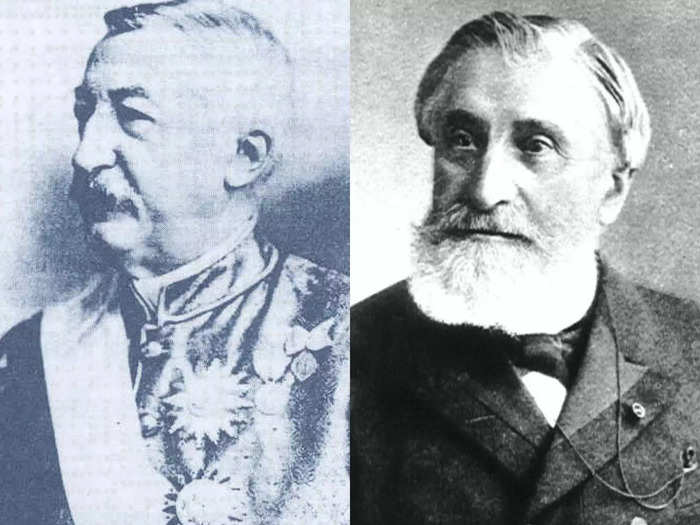
The Institute of International Law, a nongovernmental organization based in Belgium, received the 1904 Nobel Peace Prize due to its success in persuading countries to use arbitration to deal with conflict, and for convincing countries to accept the rules of law during wartime.
1905: Bertha von Suttner
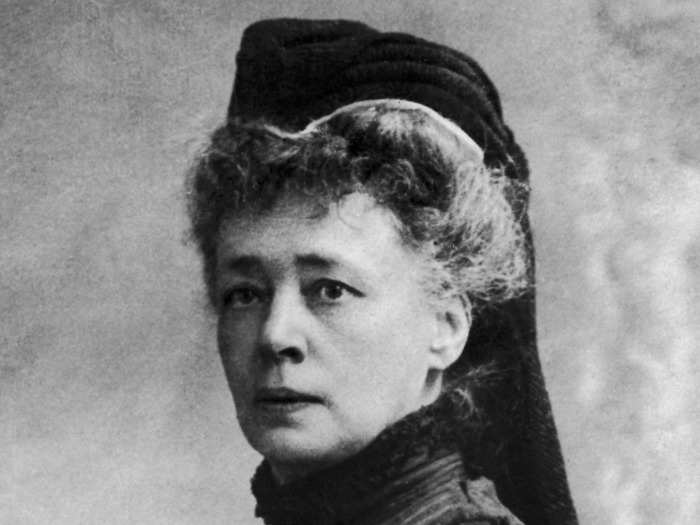
Von Suttner was the first woman to be awarded a Nobel Peace Prize. She won for her work with the Austrian Peace Society, which she established in 1891. She also wrote one of the most influential anti-war novels, "Lay Down Your Arms," in 1889.
1906: Theodore Roosevelt
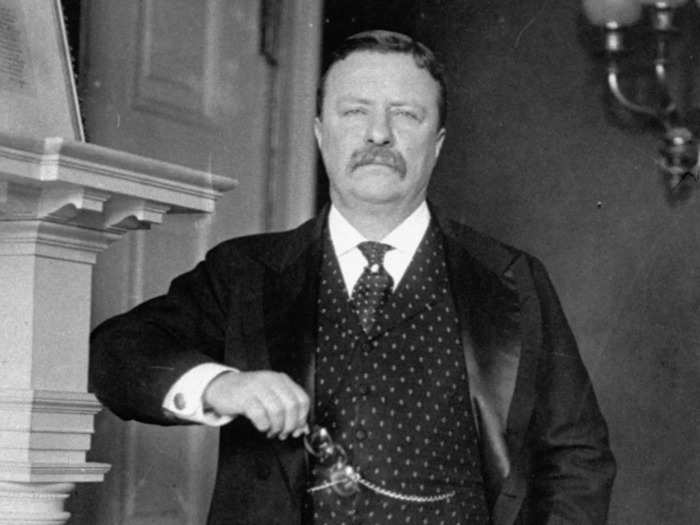
Roosevelt was the first American, and first statesman, to win the award, which he received for negotiating peace treaties in the Russo-Japanese War, ensuring its end in 1905, and resolving a dispute with Mexico using arbitration.
1907: Ernesto Teodoro Moneta and Louis Renault
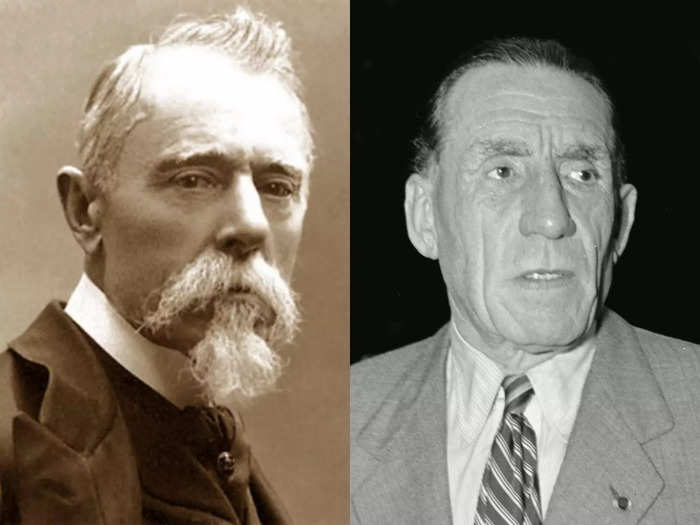
Moneta founded the Lombard Association for Peace and Arbitration in 1887, which believed in disarmament. He also edited the paper Il Secolo, which regularly called for pacifism.
Renault was a professor of international law. He spoke at numerous conferences, including two peace conferences at the Hague, which is where he solidified his place as a prominent figure in the arbitration movement. Renault was also the French government's adviser in foreign policy and international law.
1908: Klas Pontus Arnoldson and Fredrik Bajer
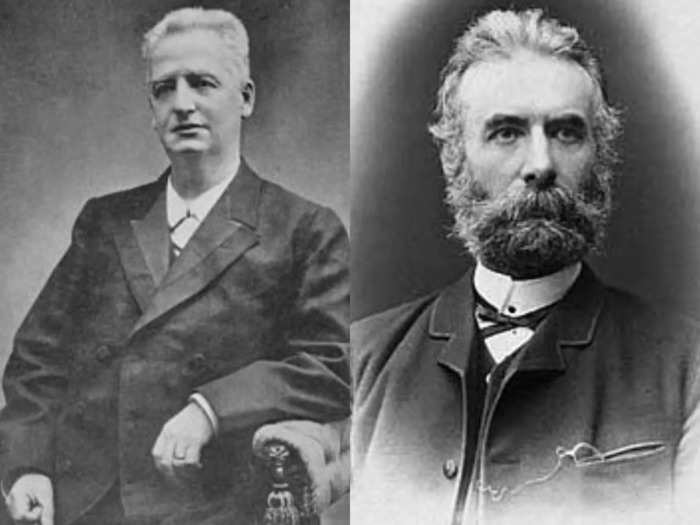
Arnoldson won the Nobel Peace Prize for his efforts of reconciliation between Norway and Sweden. He also founded the Swedish Peace and Arbitration League.
Bajer founded the Danish Interparliamentary Group in 1891 and was a life-long believer in peace and arbitration. He's also been credited with laying the groundwork for the International Peace Bureau.
1909: Auguste Beernaert and Paul Henri d'Estournelles de Constant
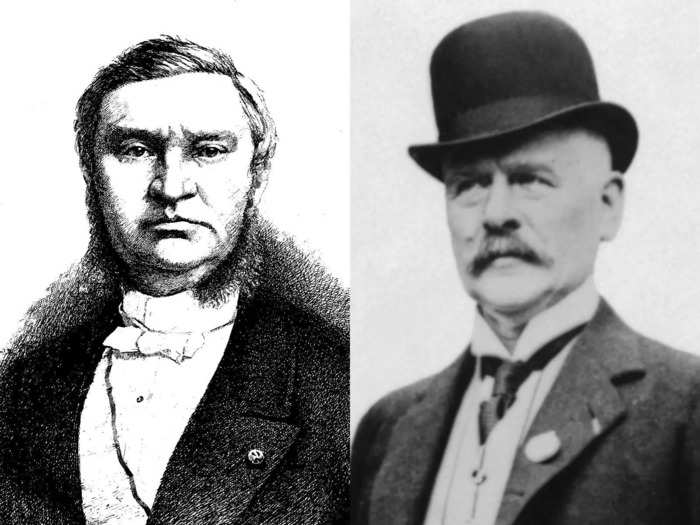
Beernaert won the Nobel Peace Prize for "inter-parliamentary work and [appearances] at the international peace conferences at the Hague in 1899 and 1907." He was also prime minister of Belgium from 1884 to 1894.
D'Estournelles also won the prize in 1909. He was the founder and president of a French parliamentary group for voluntary arbitration, and the founder of the Committee for the Defense of National Interests and International Conciliation.
1910: Permanent International Peace Bureau
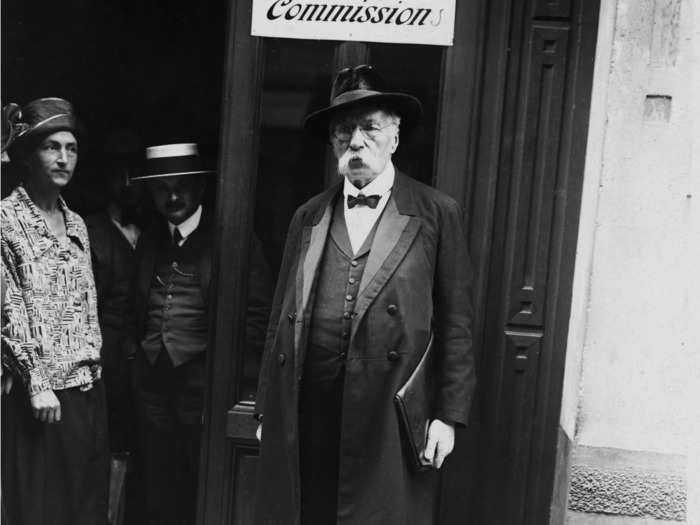
The Permanent International Peace Bureau is a Swiss organization that "campaigned for disarmament and for the use of mediation and arbitration in the solution of international disputes." It's still active today with 300 member organizations in 70 countries.
1911: Tobias Asser and Alfred Fried
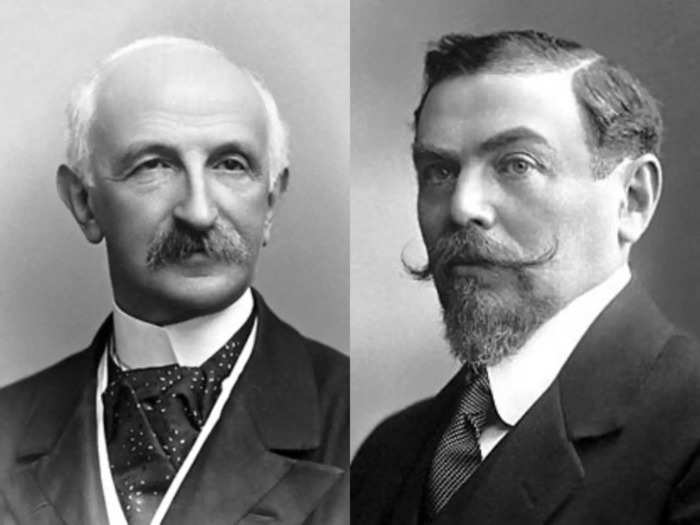
Asser co-founded the Institute of International Law, the first organization to win the Nobel Peace Prize. But it was "his work in the field of private law" that was most important to his win.
Fried co-founded the German Peace Society, and founded Die Friedenswarte, a German peace publication.
1912: Elihu Root
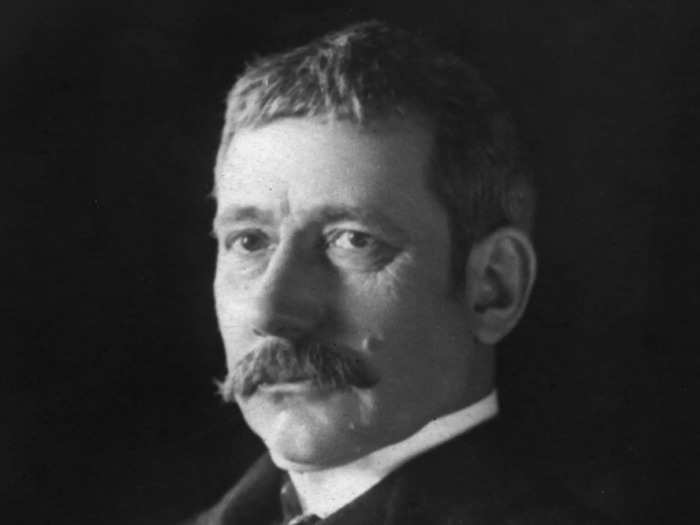
Root was both the US secretary of war and secretary of state. He was also the first president of the Carnegie Endowment for International Peace.
Root was awarded the prize "for having pursued the aim that conflicts between states must be resolved by arbitration."
1913: Henri La Fontaine
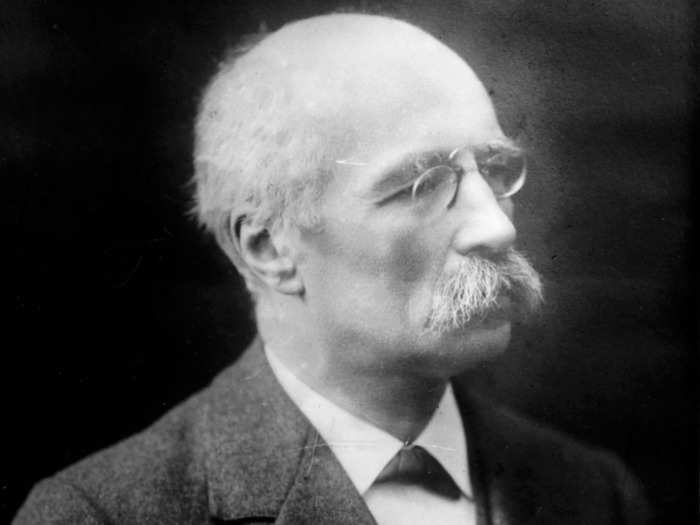
La Fontaine was the first socialist to win the prize — he won for being the "effective leader of the peace movement in Europe." He was president of the International Peace Bureau and "organized a world conference for international organizations," whose purpose was to "create 'an intellectual parliament' for humanity."
1917: International Committee of the Red Cross
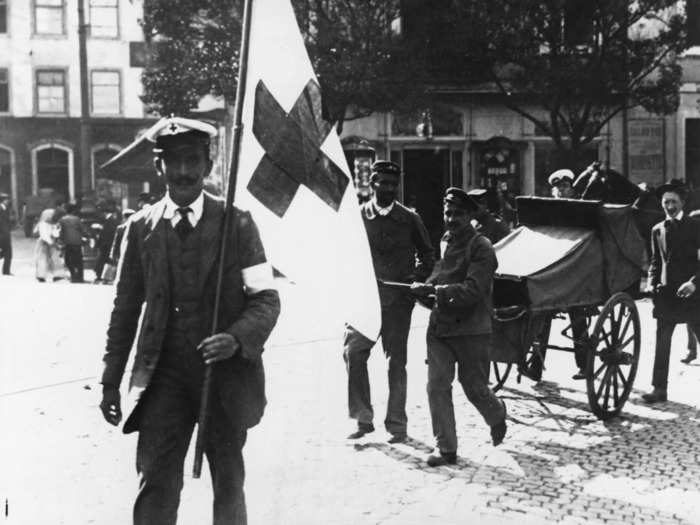
The Red Cross was the only recipient of the Nobel Peace Prize during World War I. It won because it "undertook the tremendous task of trying to protect the rights of the many prisoners of war on all sides, including their right to establish contacts with their families."
1919: Woodrow Wilson
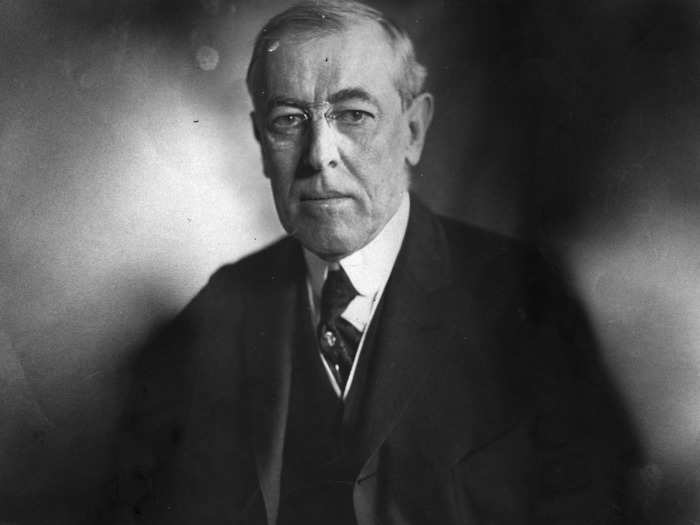
Wilson won the prize for founding the League of Nations, which was a dream many previous winners had shared.
1920: Léon Bourgeois
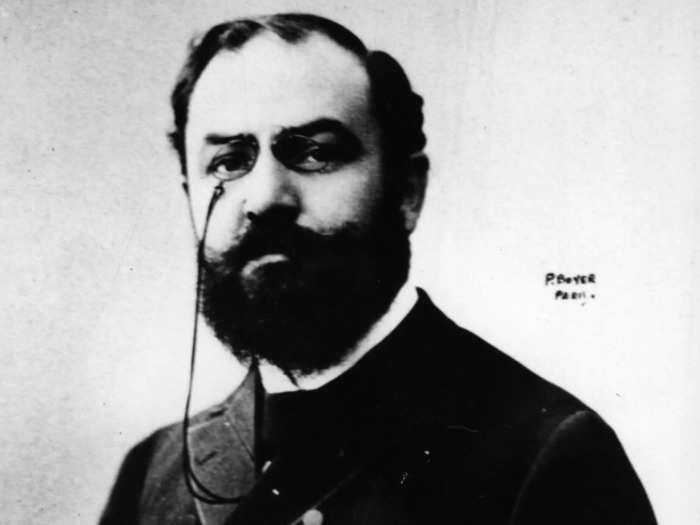
Ex-secretary of state and former president of the French parliament, Bourgeois was a major figure in the development of the League of Nations. It was his passion project to see an international court established at the Hague, which he saw through.
1921: Hjalmar Branting and Christian Lange
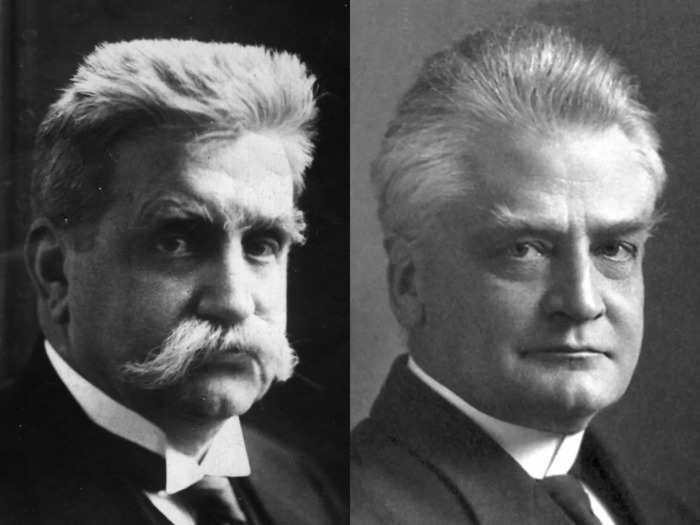
Branting was "a leading figure in the struggle for equal rights and social justice in Sweden" and a strong supporter of the League of Nations.
Lange was also the secretary-general of the Inter-Parliamentary Union and went on to become part of the Nobel Committee in 1934.
1922: Fridtjof Nansen
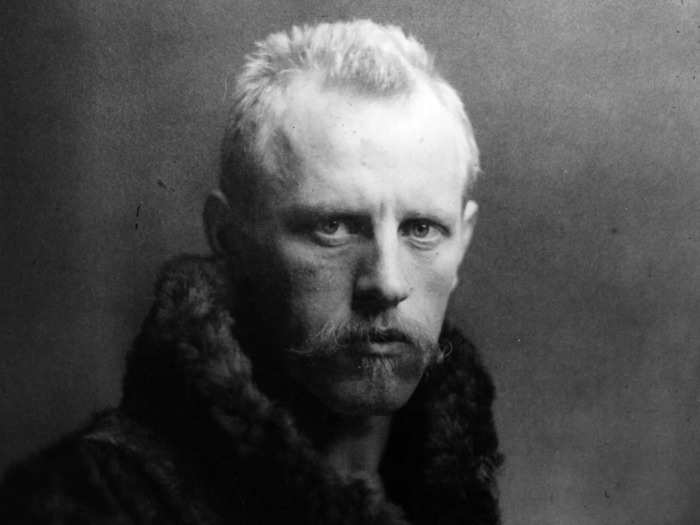
In 1922, Nansen was appointed the first High Commissioner for Refugees, putting him in charge of the exchanges of 400,000 prisoners of war. His work in their behalf, as well as on behalf of many starving refugees, is what won him the prize.
1925: Sir Austen Chamberlain and Charles G. Dawes
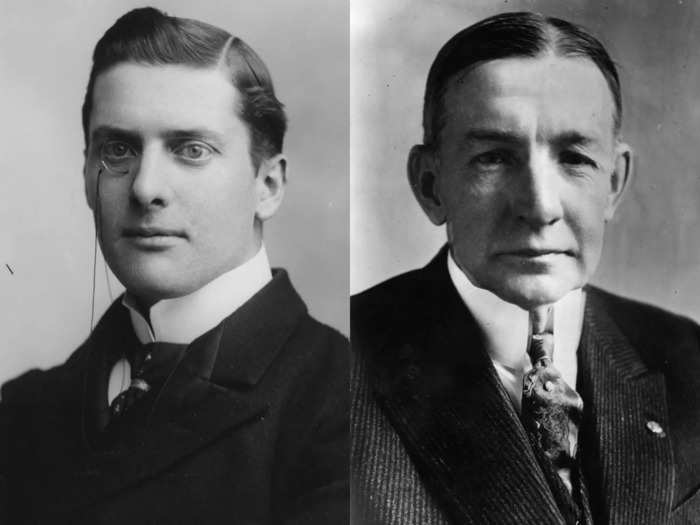
Sir Chamberlain received his prize for his work on the Locarno Pact, an agreement that saw Germany, France, Belgium, Great Britain, and Italy guarantee peace in western Europe.
Dawes, on the other hand, won for "having contributed to reducing the tension between Germany and France after the First World War."
1926: Aristide Briand and Gustav Stresemann
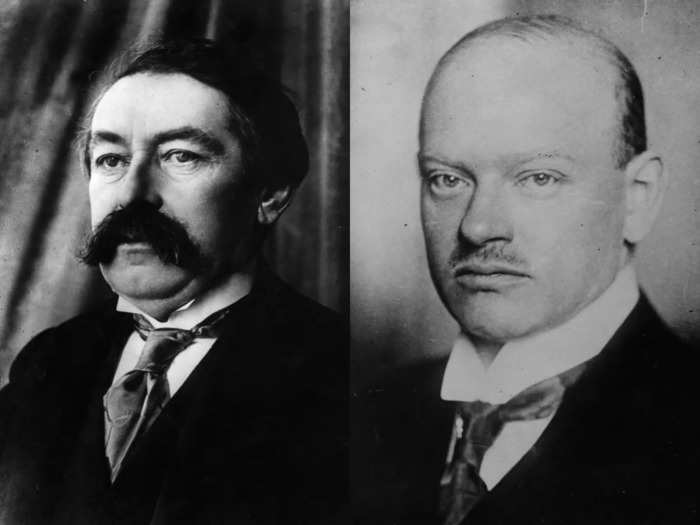
1927: Ferdinand Buisson and Ludwig Quidde
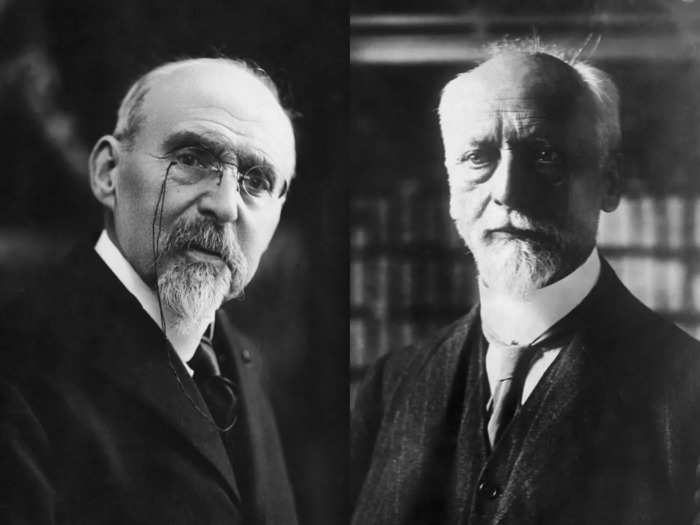
French foreign minister Buisson and German professor Quidde, who later became president of the German Peace Society, split the prize evenly — they received it for their contributions to the reconciliation of France and Germany after World War I.
1929: Frank B. Kellogg
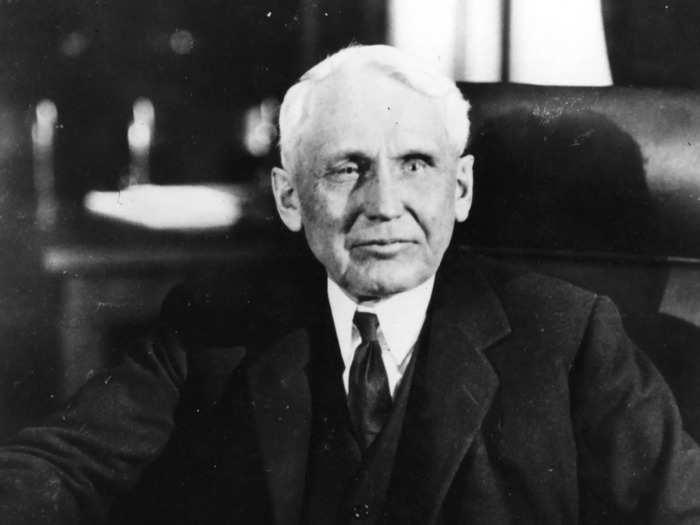
US Secretary of State Kellogg received the prize for his part in initiating the Kellogg-Briand Pact of 1928, an international agreement that had signatory states promising not to use war to resolve disputes.
1930: Nathan Söderblom
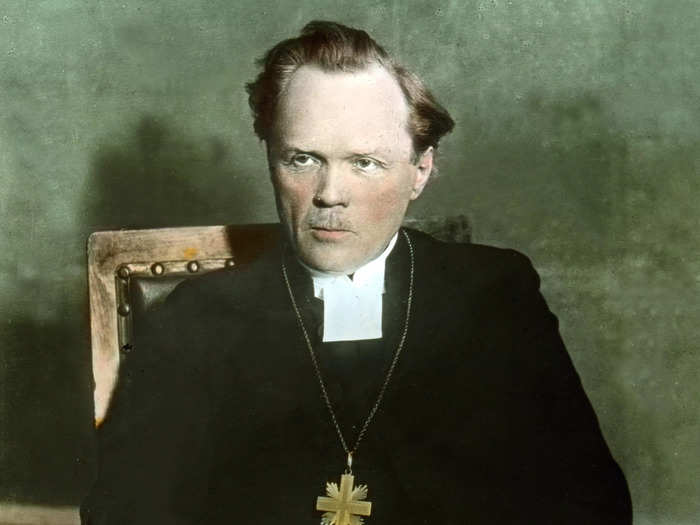
Söderblom was the first clergyman to receive the Nobel Peace Prize. The archbishop and former theology professor is credited for moving the Universal Conference on Life and Work forward, which worked to fight nationalism, racism, and the oppression of minorities.
1931: Jane Addams and Nicholas Murray Butler
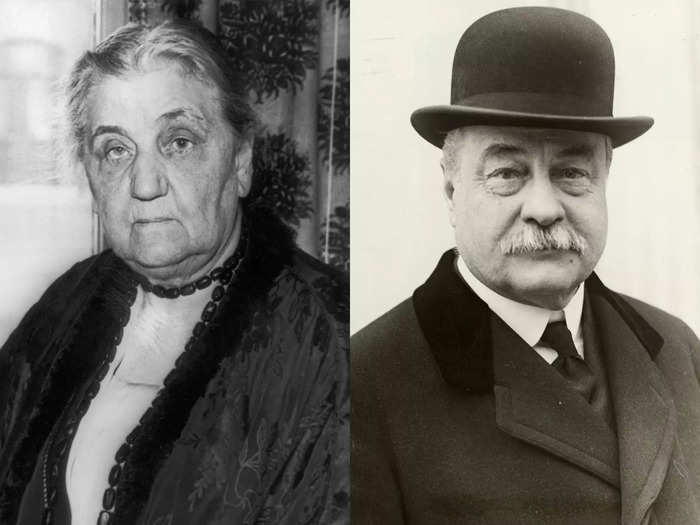
Addams, an American known as the "mother" of social work, received the honor for founding the Women's International League for Peace and Freedom and for being an outspoken opponent of entering World War I.
Butler, an American philosopher and diplomat, as well as president of Columbia University and president of the Carnegie Endowment for International Peace, won for "his efforts to strengthen international law and the International Court at the Hague," as well as his support of the Kellogg-Briand Pact of 1928.
1933: Sir Norman Angell
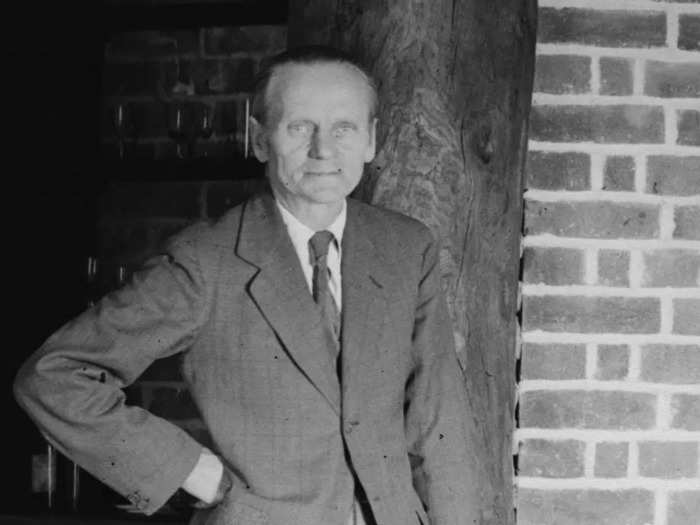
Sir Angell remains the only Nobel Peace Prize winner to have won for writing a book — he wrote "The Great Illusion," which explored the relationship between war and any potential national or economic advantage it may bring about. He was also celebrated for his work as an educator and for his support of the League of Nations.
1934: Arthur Henderson
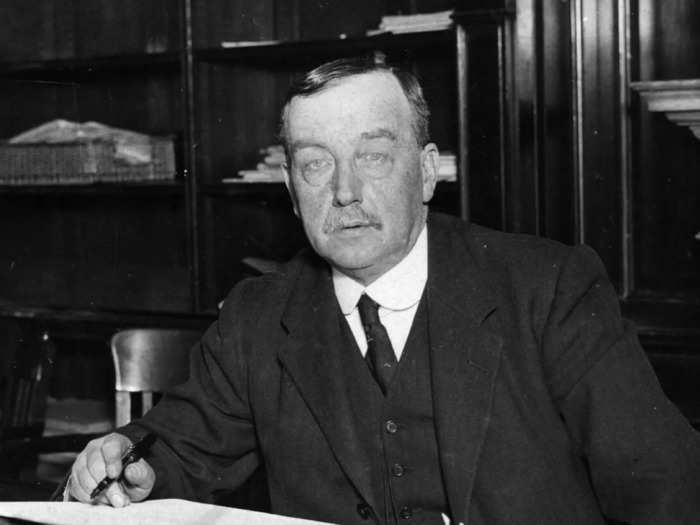
British politician Henderson earned the prize for his work with the League of Nations, specifically for being "one of the principal architects behind the organization's disarmament conference."
1935: Carl von Ossietzky
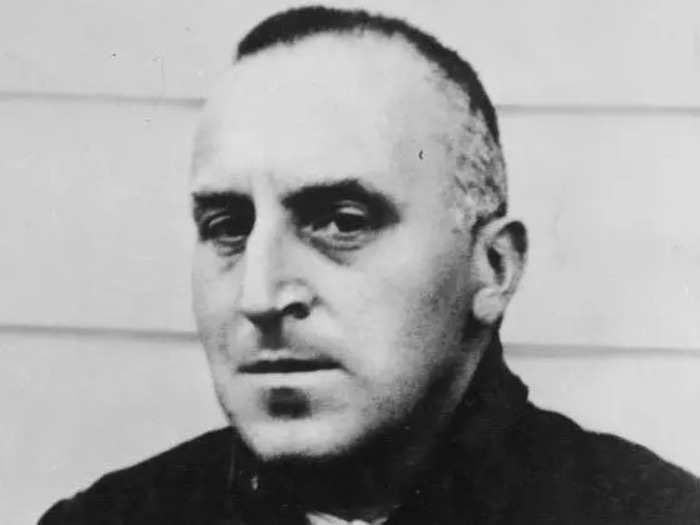
Ossietzky's win was inherently political — the German pacifist was arrested for treason when he reported that Germany was secretly rearming itself, explicitly going against the Treaty of Versailles. Part of the international campaign to get him released was awarding him the Nobel Peace Prize.
1936: Carlos Saavedra Lamas
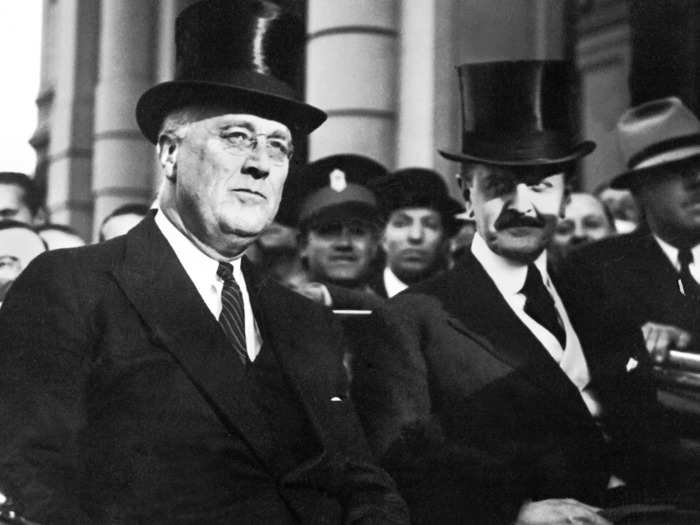
Lamas, an Argentine academic and politician, won the prize for three main reasons. First, he deserves much of the credit for Argentina joining the League of Nations. Second, he was important in the League's "condemnation of Italy's war on Ethiopia." And lastly, he was honored for his contributions to peace between Paraguay and and Bolivia after the Chaco War.
1937: Robert Cecil
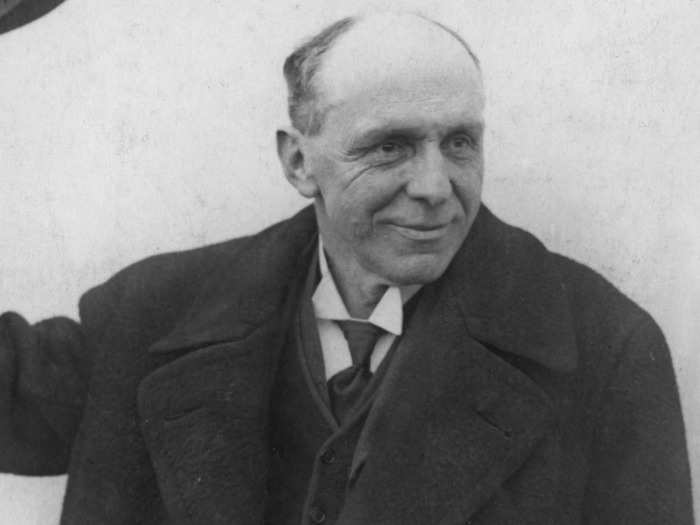
English statesman Cecil won the prize for his work with the League of Nations. He was an integral part in the formation of the organization's rules.
1938: Nansen International Office for Refugees
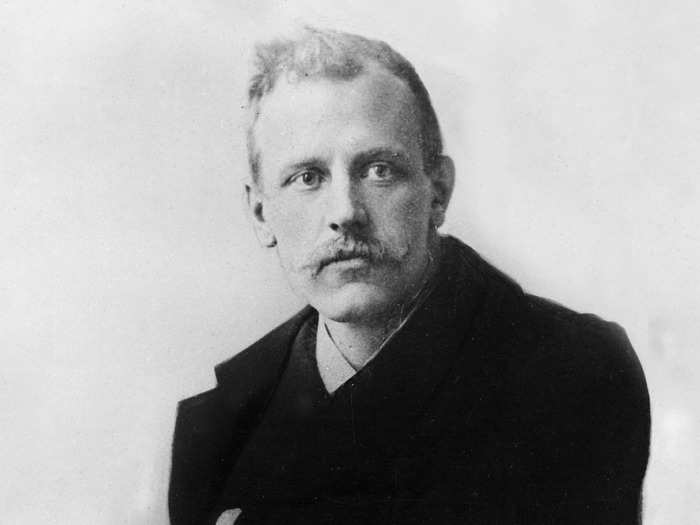
The Nansen International Office for Refugees won the prize for its work with aiding refugees, specifically for its work with Armenian refugees who were driven out of Turkey.
1944: International Committee of the Red Cross
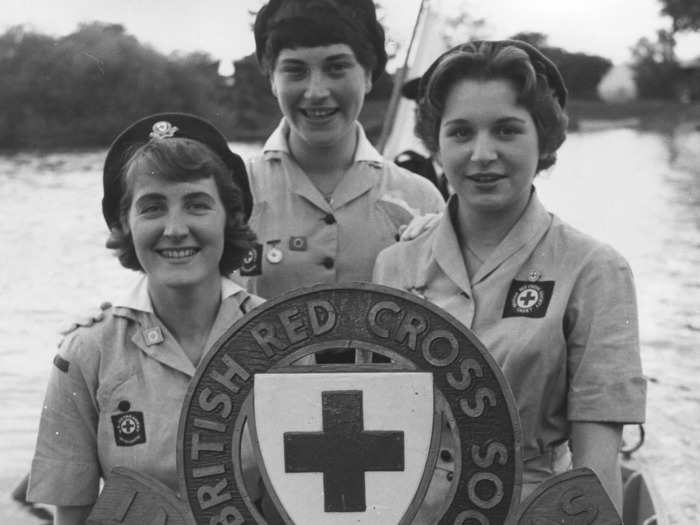
The Red Cross won its second Nobel Peace Prize for service during World War II.
1945: Cordell Hull
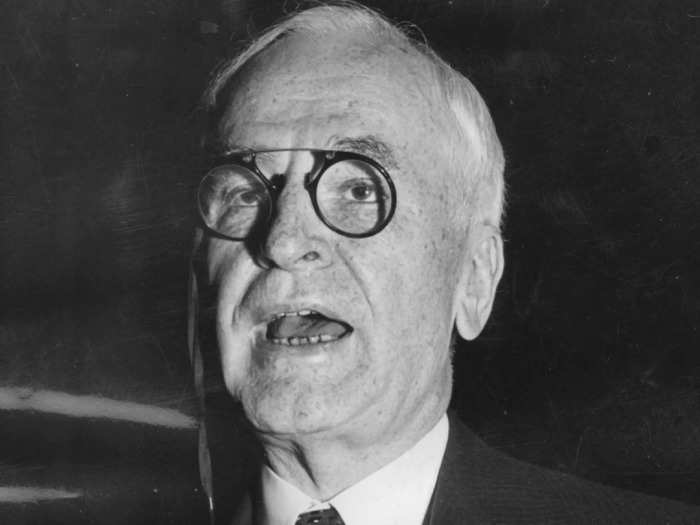
Hull, known a the longest-serving secretary of state — he held the position for 11 years — won the prize for his work as the "father of the United Nations," an organization that was founded after World War II.
1946: John Mott and Emily Balch
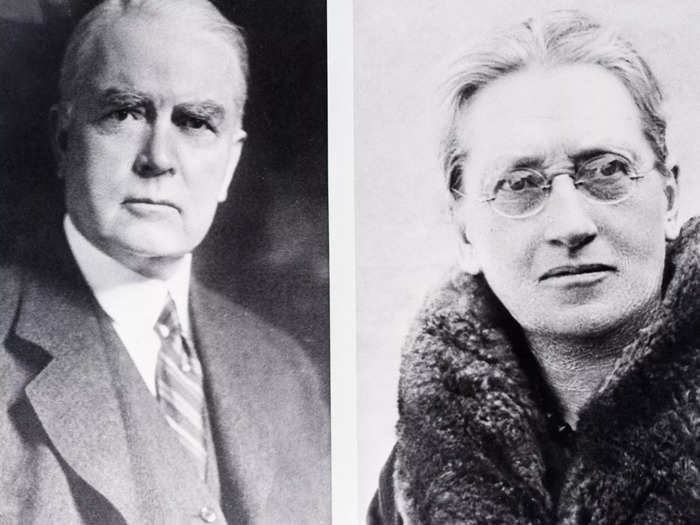
Mott was the head of the Young Men's Christian Association — the YMCA — and won for contributing "to the creation of a peace-promoting religious brotherhood across national boundaries."
Balch, an American economist and sociologist known for tackling social issues such as poverty, child labor and immigration, became a Nobel Laureate for leading the Women's International League for Peace and Freedom. The US, however, saw her as a "dangerous radical."
1947: Friends Service Council and American Friends Service Committee
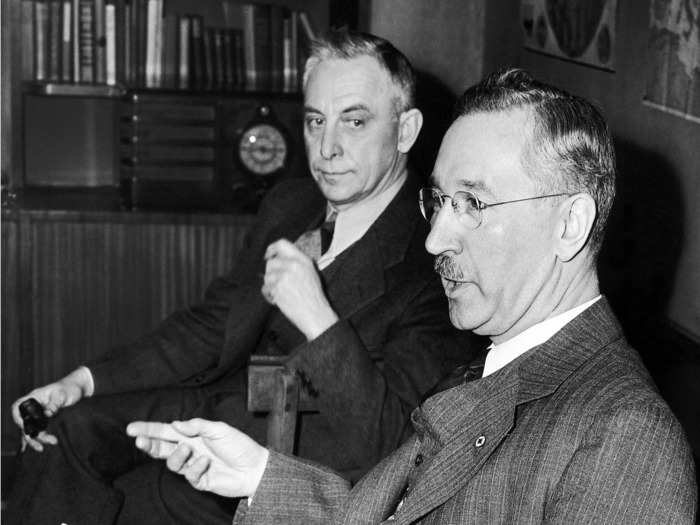
These two Quaker organizations shared the prize. They both carried out humanitarian work during World War I and II, but their 1947 win was the "Nobel Committee's recognition both of pioneering work in the international peace movement and of humanitarian work carried out without regard for race or nationality."
1949: Lord John Boyd Orr
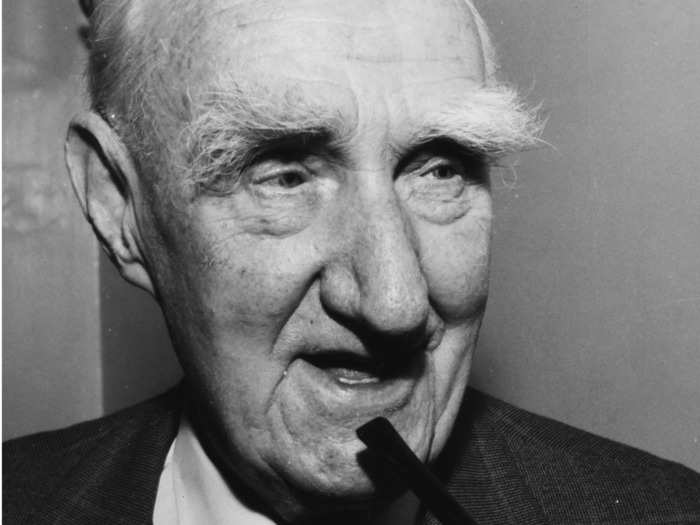
Orr was the president of both the National Peace Council and World Union of Peace Organizations, and in 1945 he was elected the director-general of the FAO (Food and Agriculture Organization).
1950: Ralph Bunche
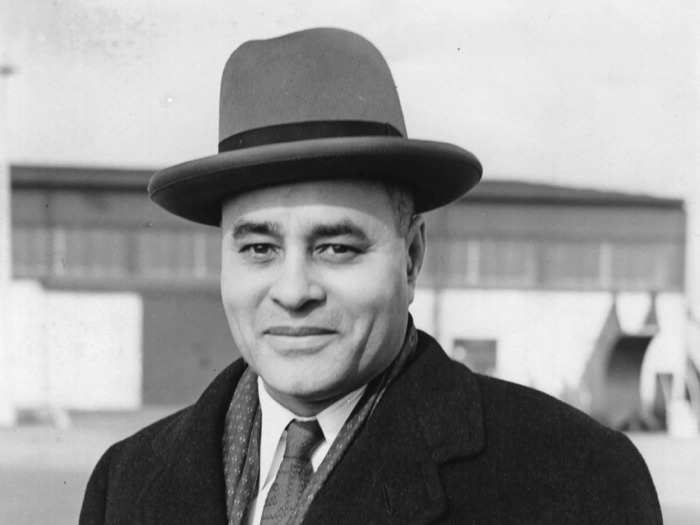
Bunche, an academic and diplomat, was the first African American person to receive the Nobel Peace Prize, which he won for "having arranged a cease-fire between Israelis and Arabs during the war, which followed the creation of the state of Israel in 1948."
1951: Léon Jouhaux
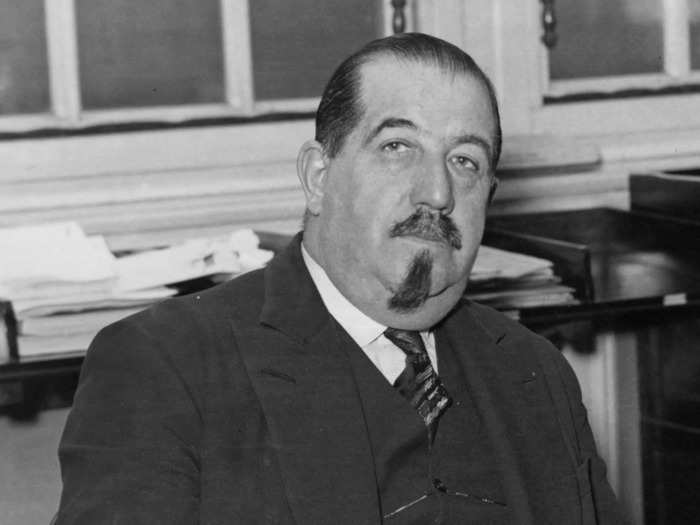
Jouhaux, the French trade union leader, joined the elite Nobel Laureate club for his "work for social equality and Franco-German reconciliation."
1952: Albert Schweitzer
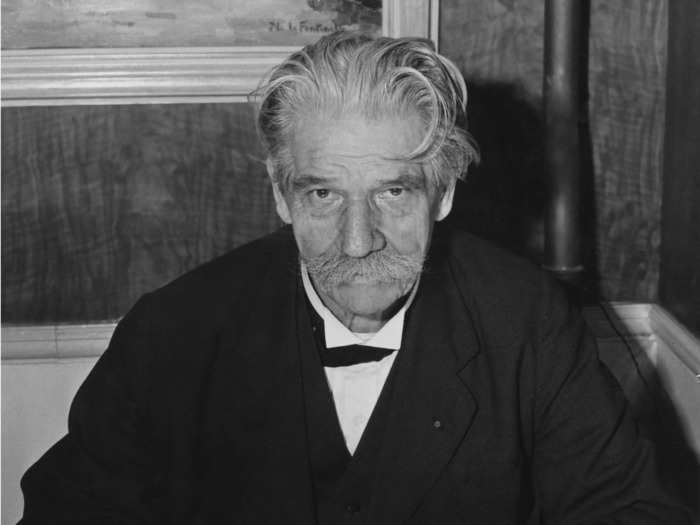
1953: George C. Marshall
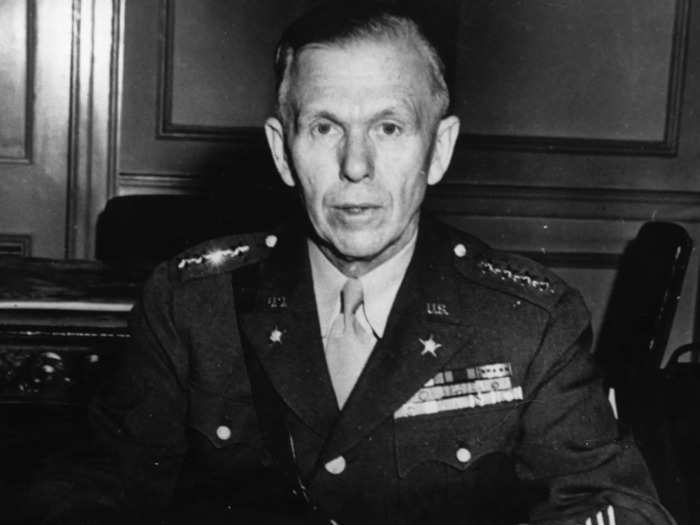
The Marshall Plan is what won Marshall, former US secretary of state, the honor. The Marshall Plan was the US' response to the widespread devastation of World War II in Western Europe — it provided more than $15 billion to finance rebuilding projects.
1954: Office of the United Nations High Commissioner for Refugees
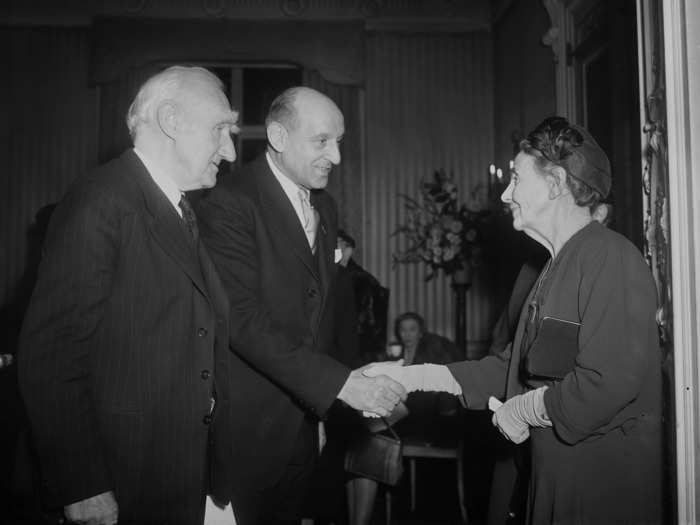
The United Nations High Commissioner for Refugees (UNHCR) received the prize in 1954, four years after the creation of the UNHCR. The organization was honored for its work with refugees after World War II, the cause for which it was originally created.
1957: Lester Bowles Pearson
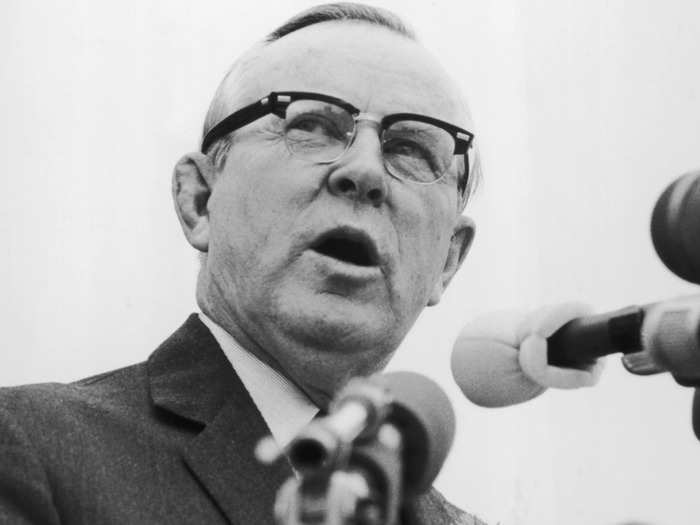
Pearson received the prize when, as Canadian secretary of state for external affairs, he found a solution for the "Suez Crisis." Great Britain, France, and Israel launched an attack on Egypt in 1956 in an effort to remove its president, without informing the United States, and Pearson won support to send a United Nations Emergency Force to separate the groups.
1958: Georges Pire
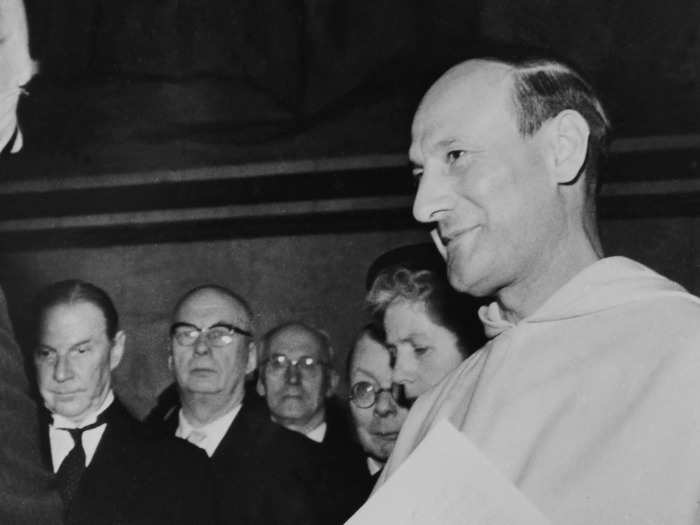
Pire, a Belgian Dominican friar, received the prize for his work with refugees in Europe. Through the 1950s, he set up villages of small houses for European refugees, and he founded an organization in 1957 that undertook development projects in other parts of the world.
1959: Philip J. Noel-Baker
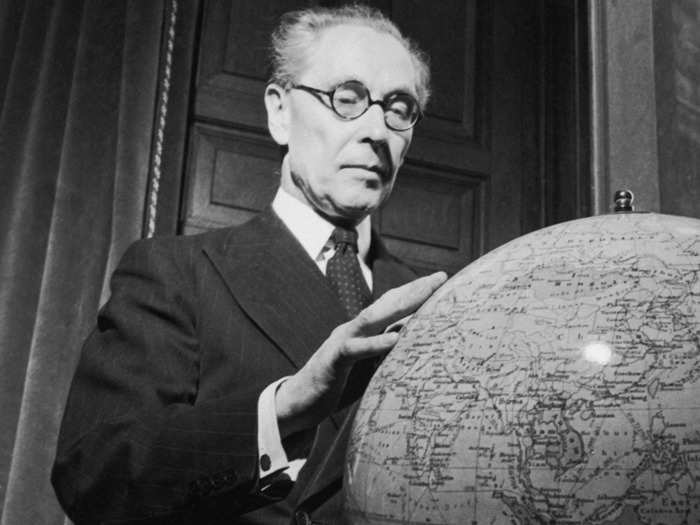
When World War I began, Noel-Baker, a British politician and diplomat, was convinced the private armaments industry was largely responsible for the outbreak of war. For the rest of his life, he worked towards disarmament, including efforts to prevent nuclear war between the United States and Soviet Union.
1960: Albert John Lutuli
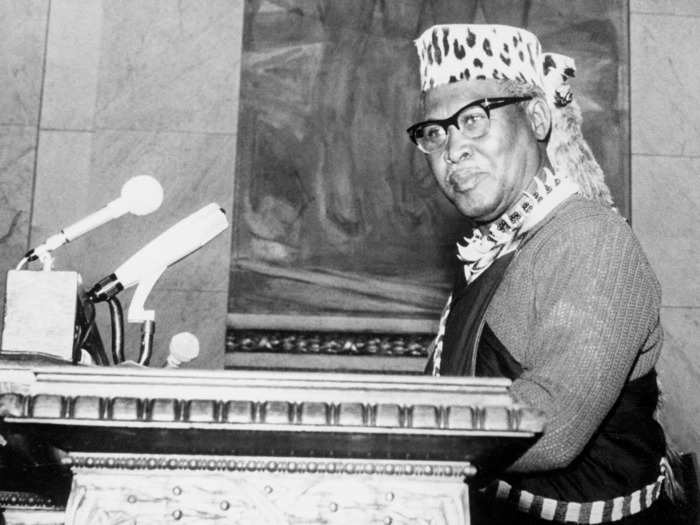
He became president of the African National Congress in 1952 and spokesperson of a campaign against South Africa's racial segregation policy. He was arrested and persecuted, and the ANC was banned following a massacre of 60 black demonstrators in 1960. The Nobel Committee's decision to award him the Nobel Peace Prize for his nonviolent campaign for civil rights in South Africa was important because it showed that the committee had joined the movement against apartheid.
1961: Dag Hjalmar Agne Carl Hammarskjöld
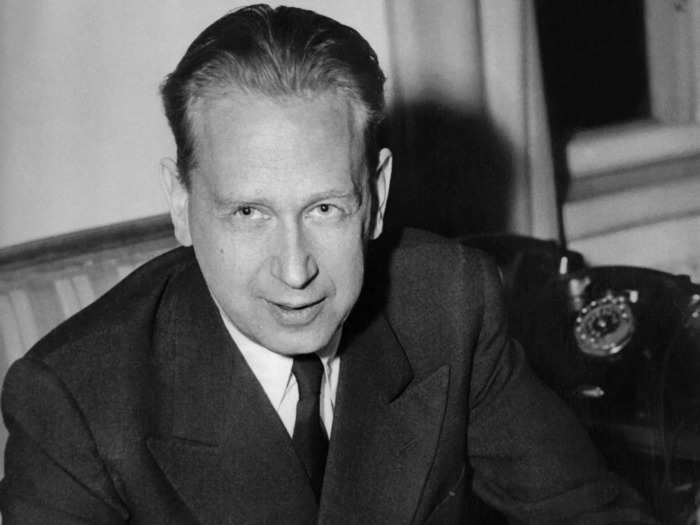
Hammarskjöld is the only Nobel Peace Prize winner to have been awarded it posthumously. He won for his work as the secretary general of the United Nations. He organized a peacekeeping force in the Middle East after the Suez Crisis and committed to peace during the civil war in the Congo.
1962: Linus Carl Pauling
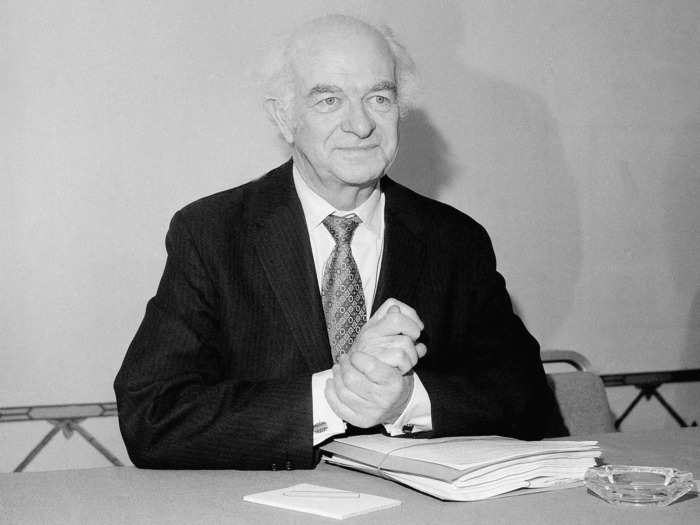
Pauling also received the Nobel Prize in Chemistry in 1954.
He received the Nobel Peace Prize in 1962 for his opposition to weapons of mass destruction, having acted as one of the primary forces behind a nuclear test ban treaty between the United States, Soviet Union, and Great Britain that went into effect in 1963.
1963: Comité international de la Croix Rouge (International Committee of the Red Cross) and Ligue des Sociétés de la Croix-Rouge (League of Red Cross Societies)
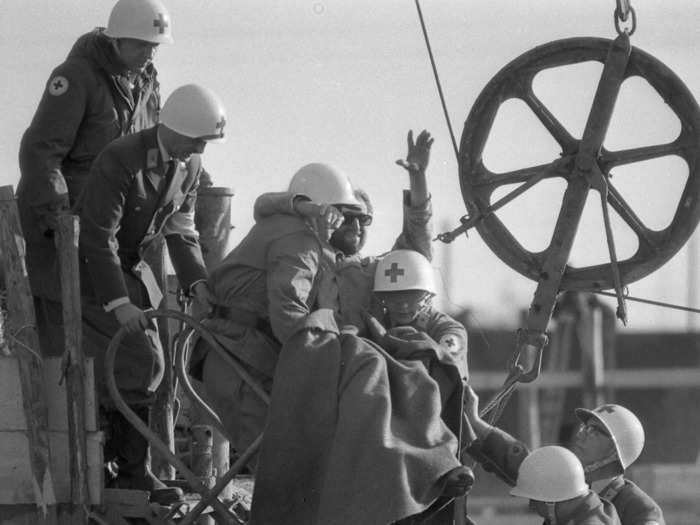
The Red Cross won its third Nobel Prize in 1963 for the 100th anniversary of their founding. It's the only organization to have won three Nobel prizes.
1964: Martin Luther King, Jr.
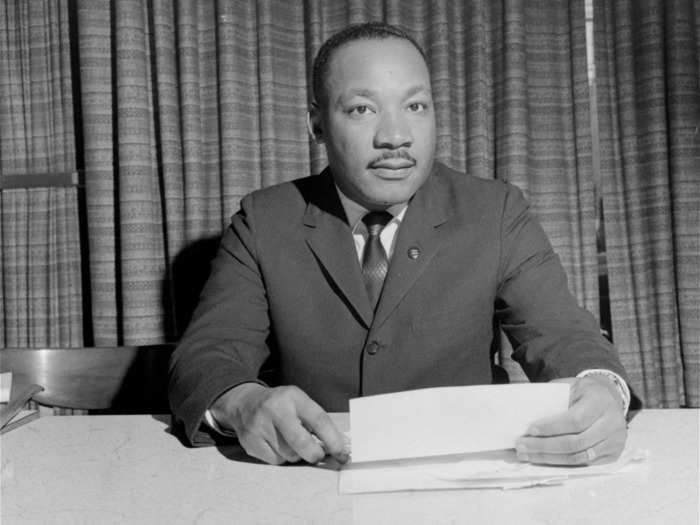
King, Jr. won for his lifelong work towards civil rights and social justice and his nonviolent campaign against racism. A year after his 1963 "I Have A Dream" speech in front of 250,000 demonstrators outside of the Lincoln Memorial in Washington, DC, President Johnson passed a law prohibiting all racial discrimination.
1965: United Nations Children’s Fund (UNICEF)
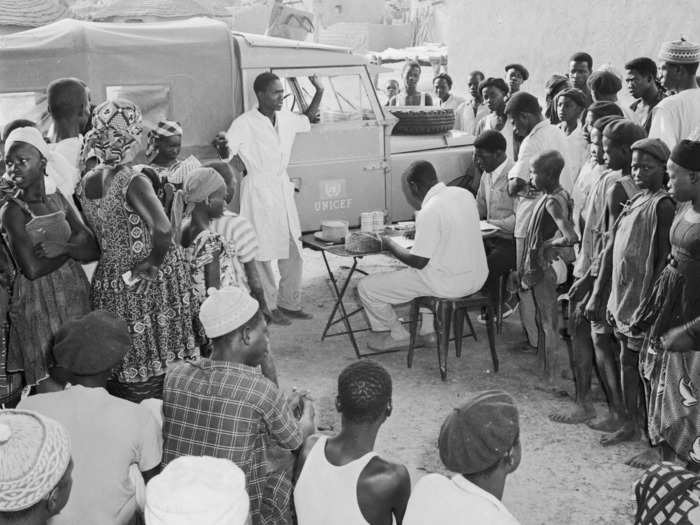
According to the Nobel Committee, UNICEF's work helped promote solidarity between nations, which reduced the divide between rich and poor states, and the danger of war.
1968: René Cassin
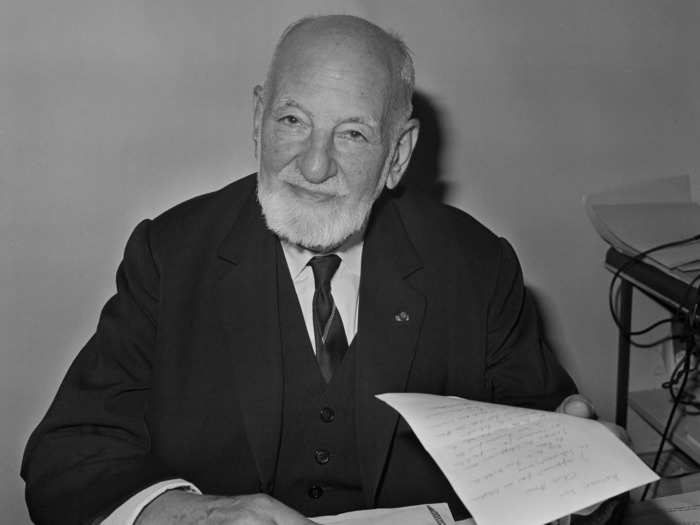
Cassin, a French judge, is referred to as the "father of human rights," as he was the brains behind the UN commission that drew up the Universal Declaration of Human Rights of 1948.
1969: International Labour Organization (ILO)
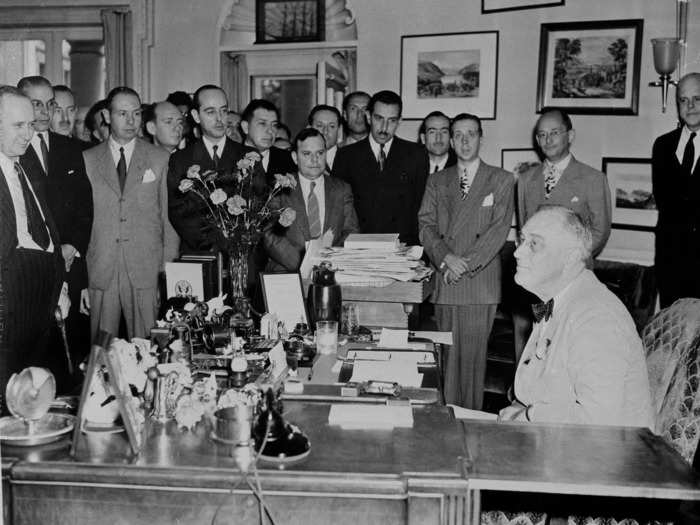
The International Labour Committee won a Nobel Peace Prize 50 years after it was formed. The ILO strives to improve the working conditions and social rights of employees.
1970: Norman E. Borlaug
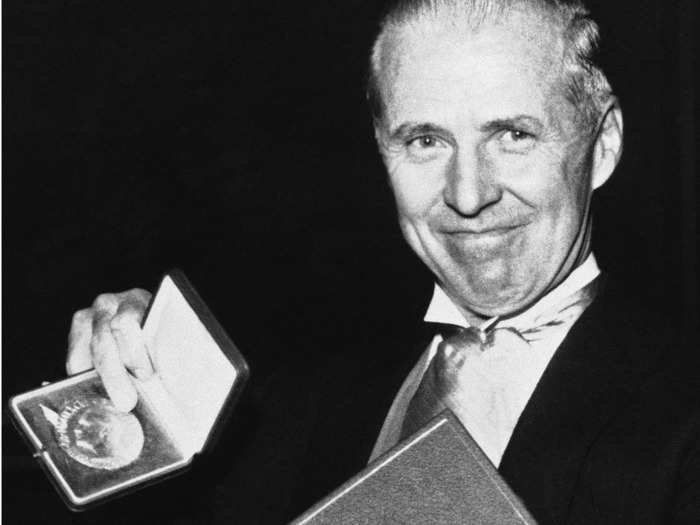
American agronomist Borlaug is known as the "father of the green revolution." He worked for decades in Mexico during the '40s and '50s to make the country self-sufficient in grain and succeeded by 1956. He developed a strain of wheat called "dwarf wheat," which was high-yield and disease-resistant. He brought it to India and Pakistan, exponentially increasing production there.
1971: Willy Brandt
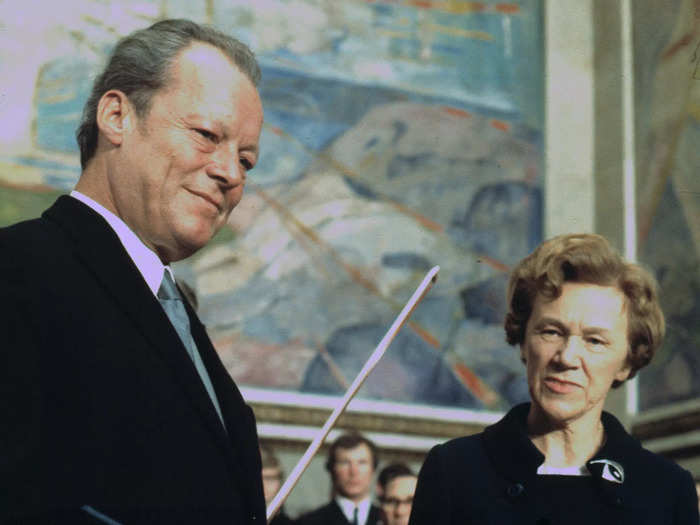
Brandt worked against the Nazis during World War II, and he became chancellor of West Germany post-war, helping rebuild the West Germany Social Democratic Party.
He had West Germany sign the nuclear weapons Non-Proliferation Treaty, concluded a nonviolence agreement with the Soviet Union, as well as one with Poland detailing that West Germany accepted the new national boundaries in Eastern Europe.
These treaties acted as the groundwork for the Four Power Agreement in Berlin, which made it easier for families to visit each other from opposing sides of the divide.
1973: Henry A. Kissinger and Le Duc Tho
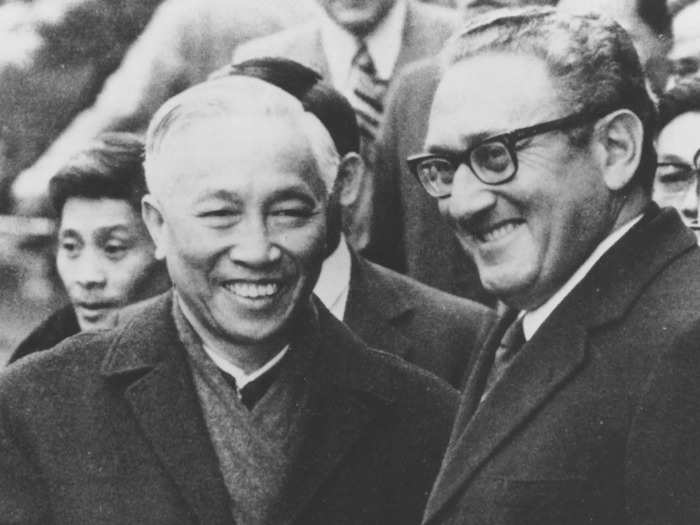
Vietnamese general and diplomat Le Duc Tho and Henry Kissinger compromised to have a truce in Vietnam between 1969 and 1973.
However, while heading the negotiations, Kissinger ordered a bombing on Hanoi in 1973, which ultimately led to an armistice. When the Nobel Peace Prize was awarded to the both of them, Tho declined on the grounds that Kissinger had violated the truce.
1974: Seán MacBride and Eisaku Sato
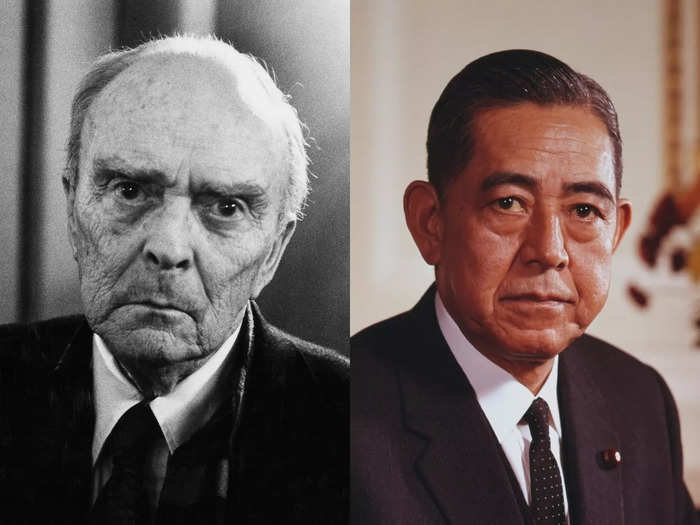
MacBride is one of the founders of Amnesty International, and he also served as chairman of the International Peace Bureau in 1974, as well as assistant secretary-general of the United Nations.
Sato became a symbol of "Japan's will for peace." As Japanese prime minister, Sato signed the Non-Proliferation Treaty of 1970. The Nobel Committee hoped that by awarding him with the Nobel Peace Prize, it would encourage those against the spread of nuclear arms.
1975: Andrei Dmitrievich Sakharov
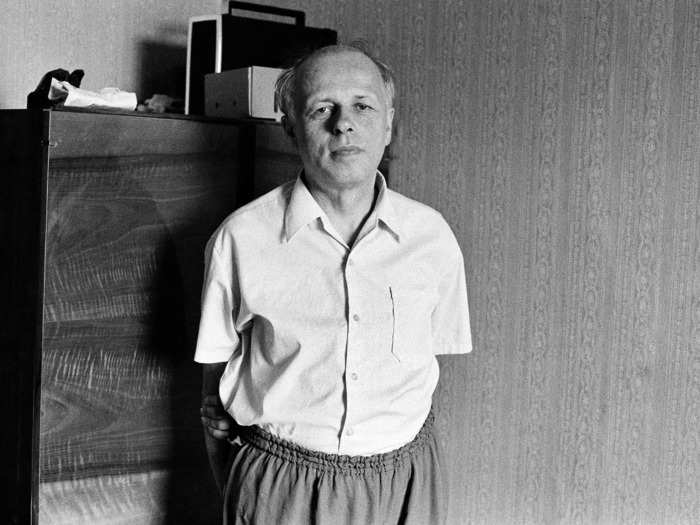
Sakharov, a Russian nuclear physicist, was the father of the Soviet hydrogen bomb, but he was awarded the Peace Prize for his work for human rights in the Soviet Union as well as his opposition to the abuse of power. He was outspoken in his criticism of the system of the Soviet Union, which he believed neglected fundamental human rights.
1976: Betty Williams and Mairead Corrigan
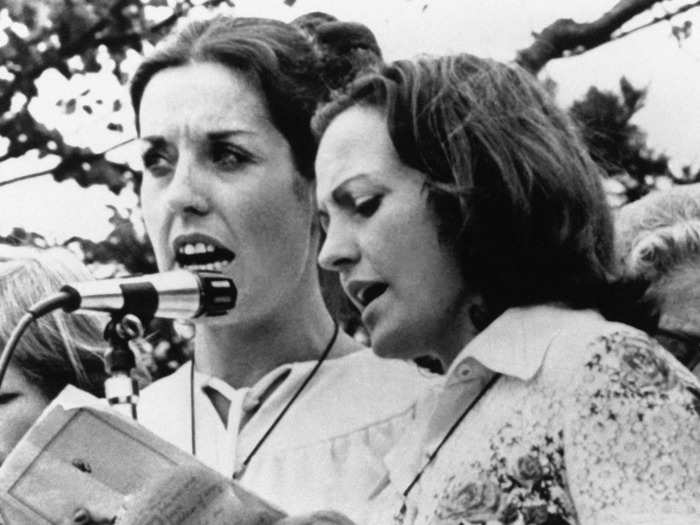
After a shooting incident that killed three children in Belfast in 1976, a witness, Williams, and the dead children's aunt, Corrigan, founded a peace organization known as the Community of Peace People. They took a grassroots approach, setting up local peace groups in the hopes of setting a peace process in motion from the bottom up.
1977: Amnesty International
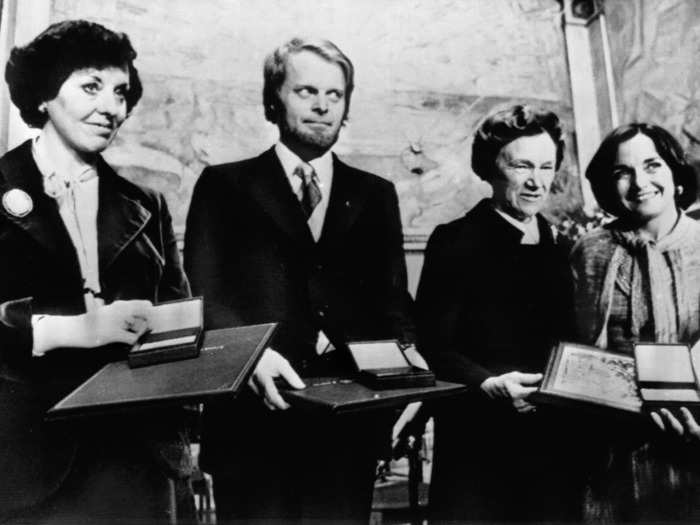
Founded in 1961 by British lawyer Peter Benenson, Amnesty International won in 1977 for campaigning against human torture.
1978: Mohamed Anwar al-Sadat and Menachem Begin
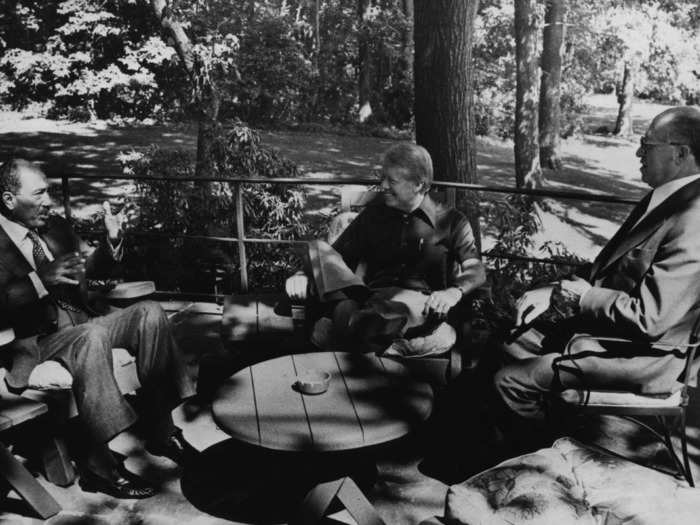
President Sadat of Egypt shared the prize with Israel's prime minister, Menachem Begin, for negotiating a peace treaty between their two countries.
1979: Mother Teresa
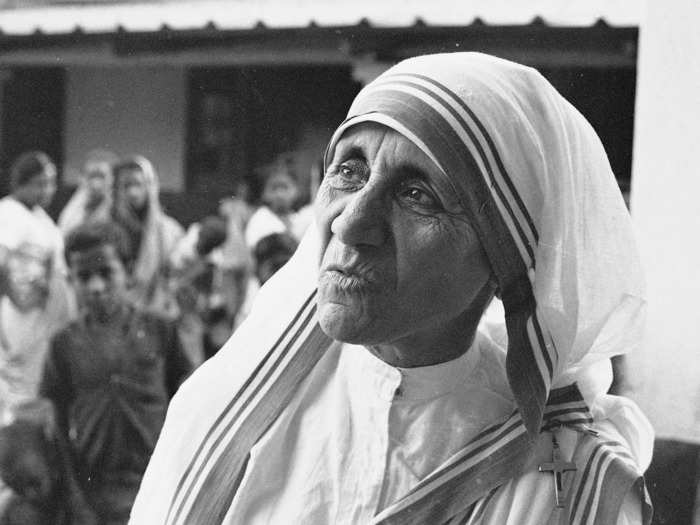
Mother Teresa, known as Saint Teresa in the Roman Catholic Church, won for creating Missionaries of Charity, a sisterhood devoted to aiding orphans, lepers, and the terminally ill.
1980: Adolfo Pérez Esquivel
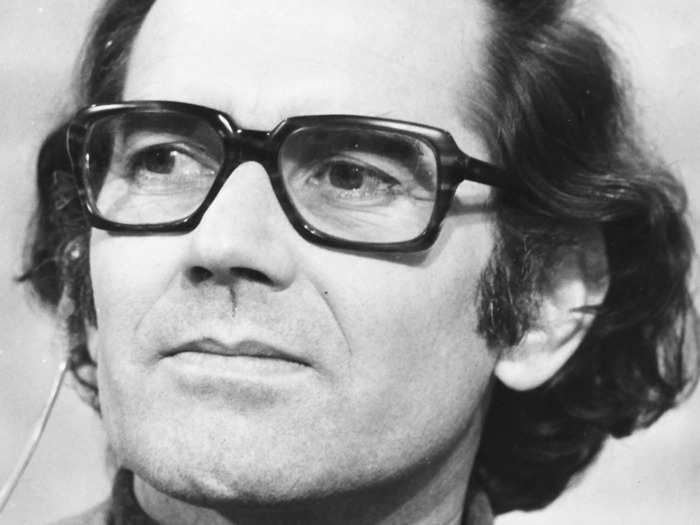
Esquivel won in 1980 for being a human rights activist in his home country of Argentina and for advocating non-violence during its dictatorship in the early '70s.
1981: Office of the United Nations High Commissioner for Refugees (UNHCR)
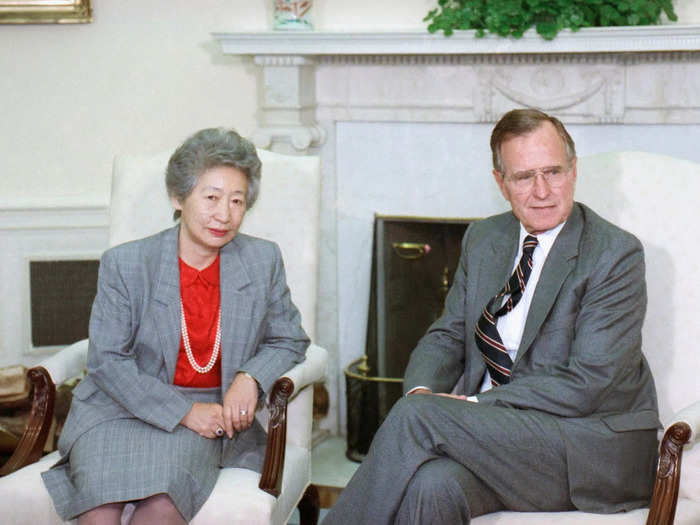
The UNHCR is an international aid organization created by the UN, and it won (for the second time) for assisting refugees in Africa, Asia, and Latin America throughout the 1970s.
1982: Alva Myrdal and Alfonso García Robles
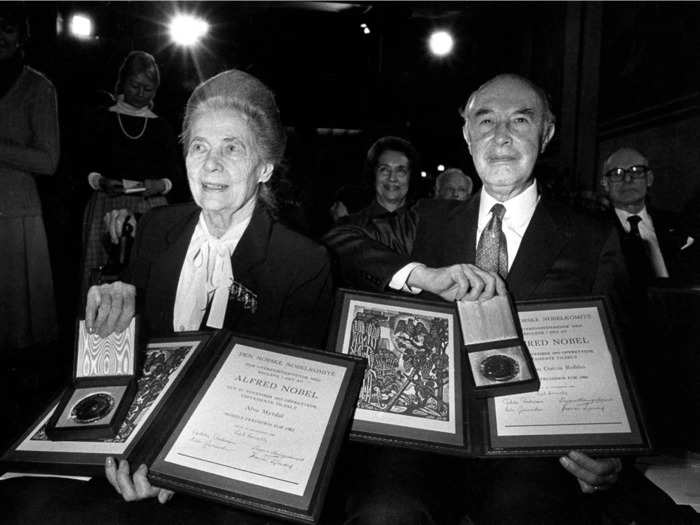
Both delegates in the UN, Swedish diplomat Myrdal and Mexican diplomat Robles (nicknamed "Mr. Disarmament") won for advocating disarmament and nuclear-free zones.
1983: Lech Walesa
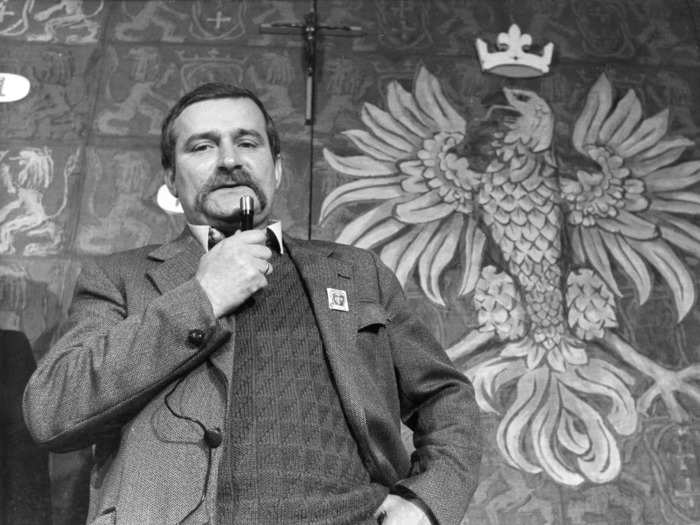
Walesa had just been released from internment when he won the Nobel in 1983 for campaigning for freedom of organization in Communist Poland. After the country was liberated and held free elections, Walesa was elected president in 1990.
1984: Desmond Mpilo Tutu
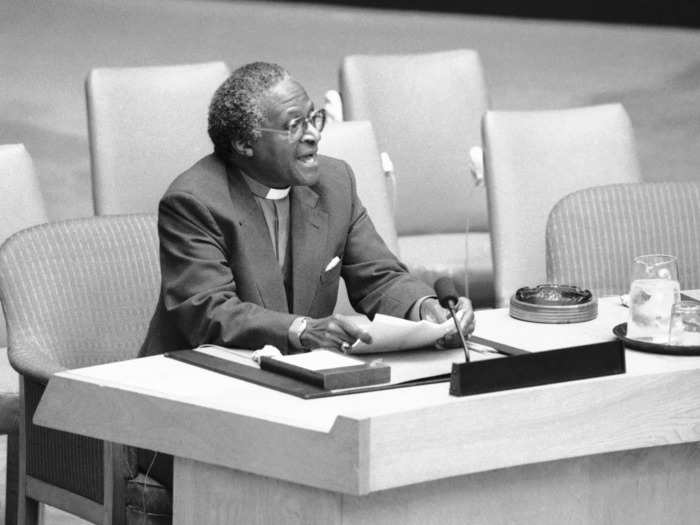
During the height of South Africa's apartheid, Tutu, a South African Anglican cleric, won for his "fearless stance" and work against the cruel regime.
1985: International Physicians for the Prevention of Nuclear War
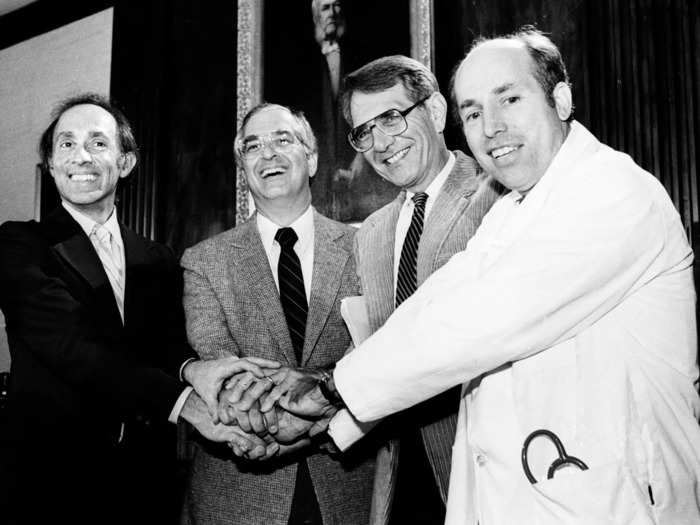
After only existing for five years, this organization of doctors from around the world won for uniting to advocate against nuclear war because of its potential medical risks.
1986: Elie Wiesel
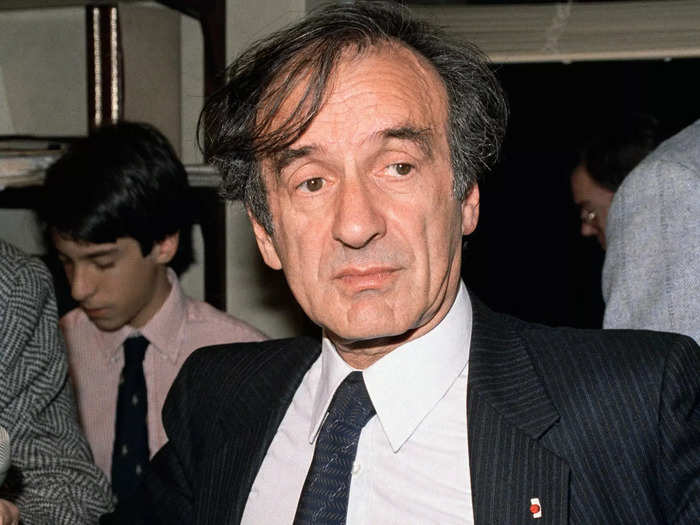
An Auschwitz survivor, writer and professor Wiesel devoted his entire life to speaking and writing on the horrors of the Holocaust — he was awarded for his work in 1986.
1987: Oscar Arias Sánchez
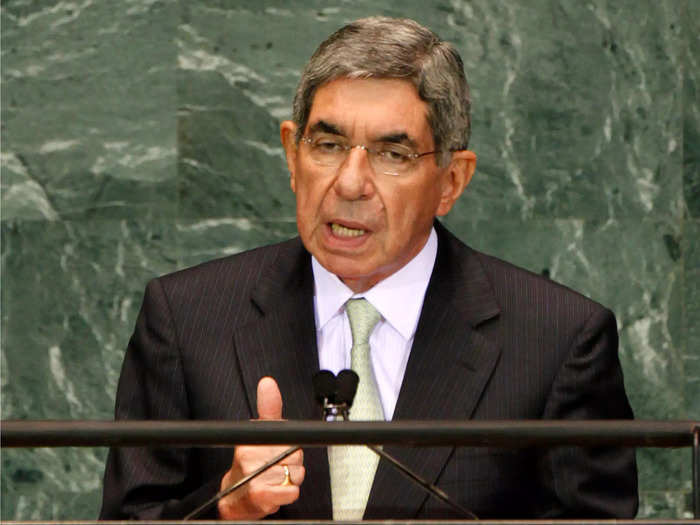
President Sánchez of Costa Rica was awarded the Nobel for designing a plan to end the civil wars that had plagued Central America for years. His efforts led to a peace treaty being approved by five countries in the region.
1988: United Nations Peacekeeping Forces
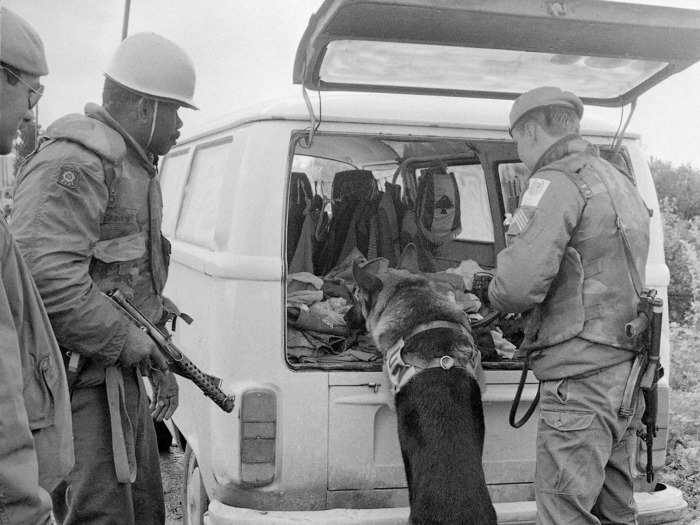
Starting in 1948, over 500,000 UNPF members were sent to places like Kashmir, the Congo, and West New Guinea to report on conditions and administer "humanitarian aid" if necessary — they were awarded for years of duty in 1988.
1989: The 14th Dalai Lama (Tenzin Gyatso)
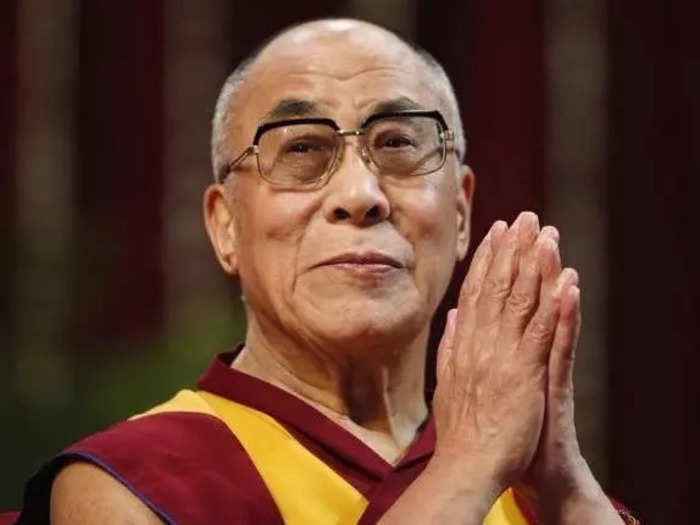
Gyatso was awarded for his peaceful opposition to China's occupation of Tibet — including a plan for compromise — and for his sense of "universal responsibility."
1990: Mikhail Sergeyevich Gorbachev
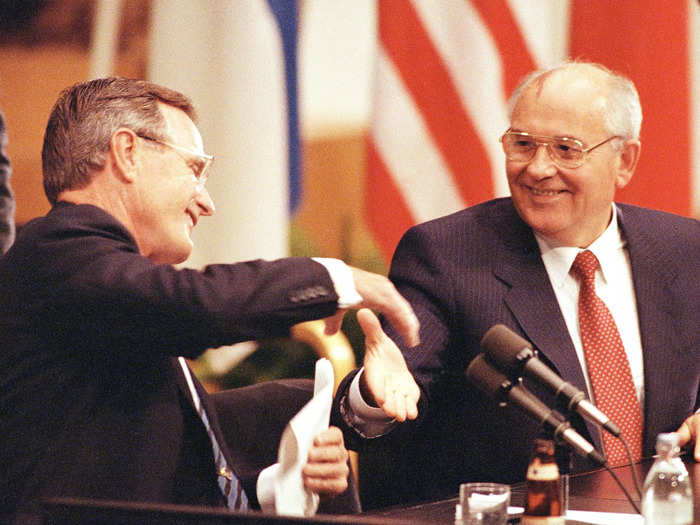
After the Berlin Wall fell in 1989, the Cold War came to a stop and the Soviet Union soon dissolved — Gorbachev, its eighth and last leader, was awarded for ushering in this newfound, international peace.
1991: Aung San Suu Kyi
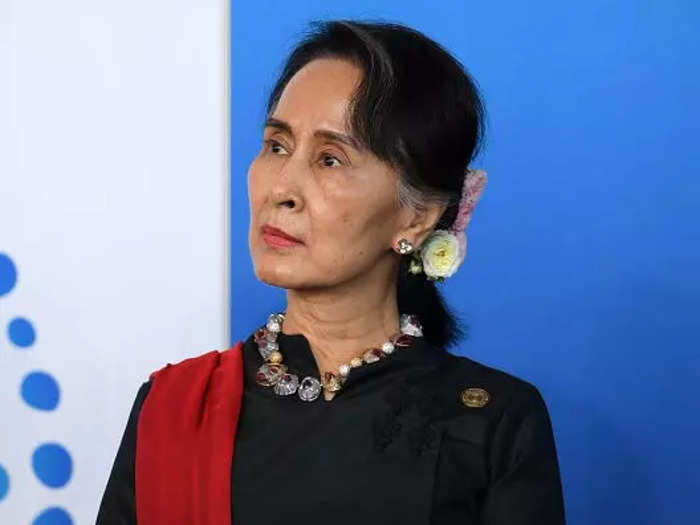
Burmese politician and diplomat Suu Kyi led the nonviolent opposition to the military forces that ruled her home country of Burma for nearly two decades before she was awarded the Nobel for her efforts.
She was later appointed State Counselor, a position similar to that of prime minister.
1992: Rigoberta Menchú Tum
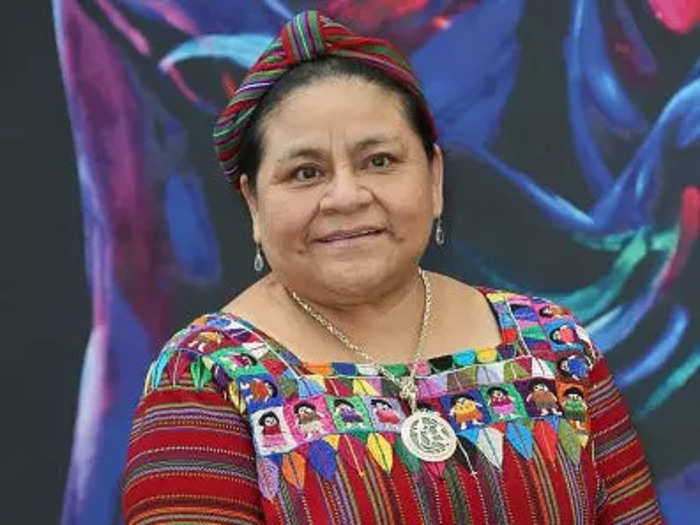
A native of Guatemala, Tum worked for the rights of indigenous peoples in America and won the Nobel for her efforts, later serving as a UN ambassador for the same cause.
1993: Nelson Mandela and Frederik Willem de Klerk
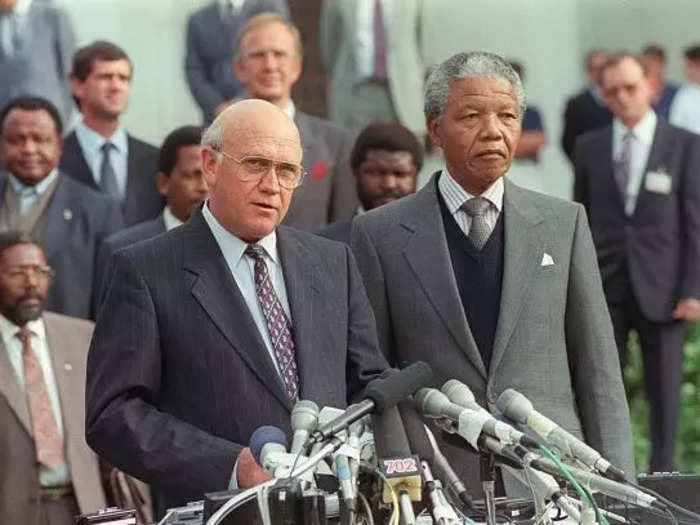
In 1990, State President of South Africa de Klerk released Nelson Mandela from prison, and they then negotiated an end to apartheid, laying the groundwork for a democratic South Africa — the two men shared the prize in 1993 for their historical collaboration.
1994: Yasser Arafat, Shimon Peres, and Yitzhak Rabin
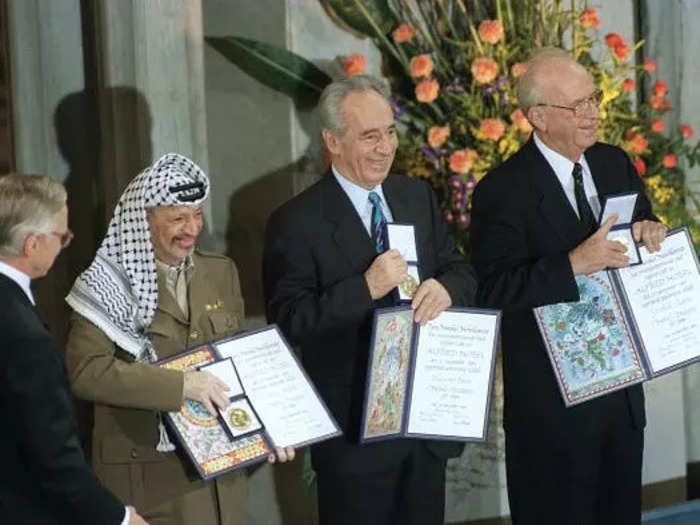
Representing Egypt, Poland, and Israel, respectively, these three UN delegates were awarded for their combined efforts toward finding peace in the Middle East, including mediating Israeli-Palestinian dialogue and organizing meetings between the two nations.
1995: Joseph Rotblat and Pugwash Conferences on Science and World Affairs
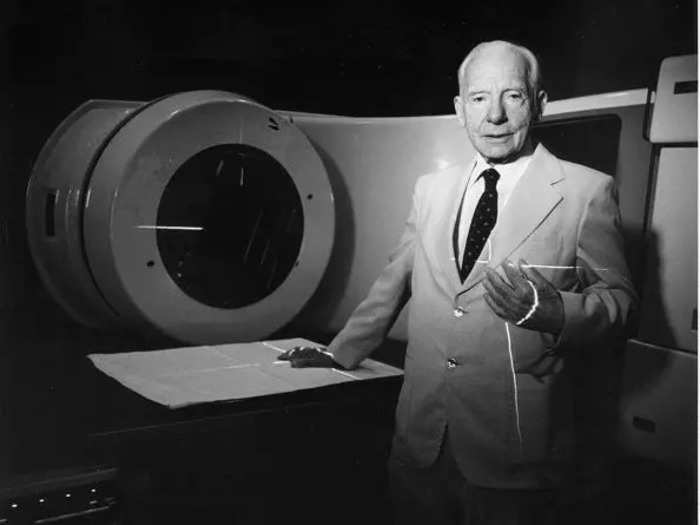
Polish physicist Rotblat and the PCSWA won for their efforts — which dated back to before the bombing at Hiroshima — to reduce nuclear arms, and, eventually, eliminate them.
1996: Carlos Filipe Ximenes Belo and José Ramos-Horta
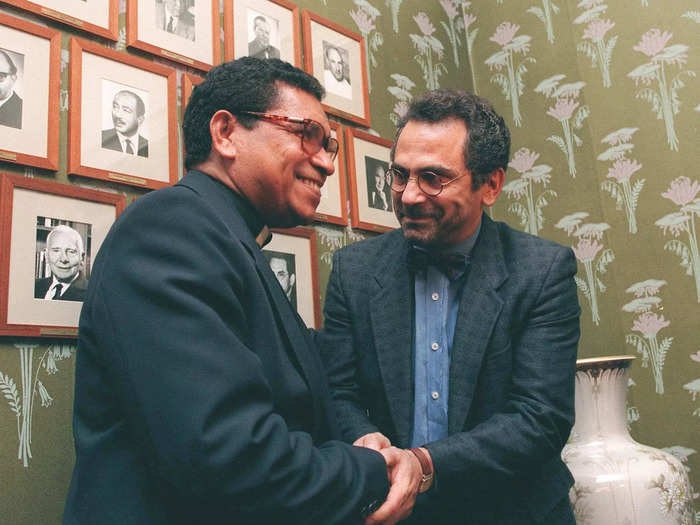
After Portugal ended its colonial rule over East Timor, Indonesia took its place. These two men — Belo, a priest, and Ramos-Horta, a diplomat — led the resistance against the Indonesian occupation of the region. They proposed a peace treaty in 1992 that was finally implemented in 2001, and Ramos-Horta claims their Nobel had a lot do do with the plan coming to fruition.
1997: International Campaign to Ban Landmines (ICBL) and Jody Williams
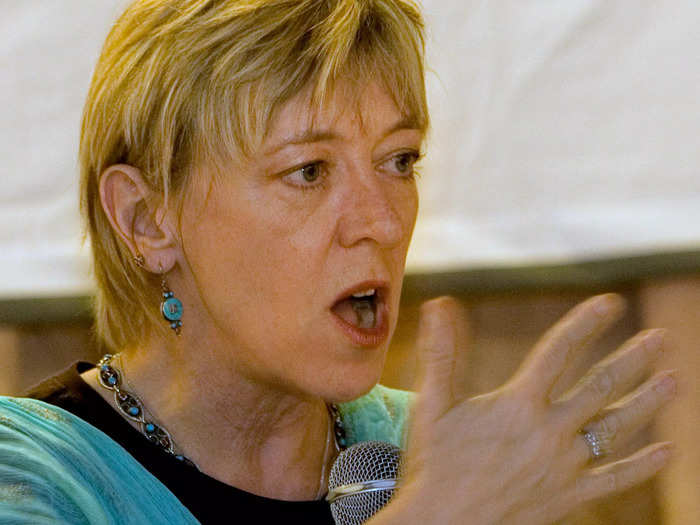
Williams, an American political activist, first witnessed the horrors of landmines in El Salvador, where their explosions were a near-constant threat to civilians. She helped launch an international campaign against landmines, and, by 1997, the ICBL had over 1,000 organizations on its members list. The two won the award the same year for their work to ban the use, production, and sale of such mines.
1998: John Hume and David Trimble
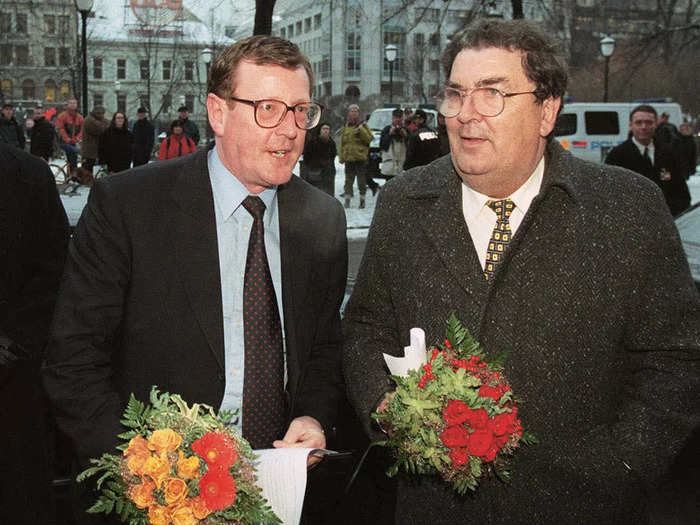
At the core of the Good Friday agreement, which ended the wars in Northern Ireland, were Hume and Trimble, Irish and British politicians respectively.
They won a Nobel for their historic achievement in peace-making.
1999: Médecins Sans Frontières
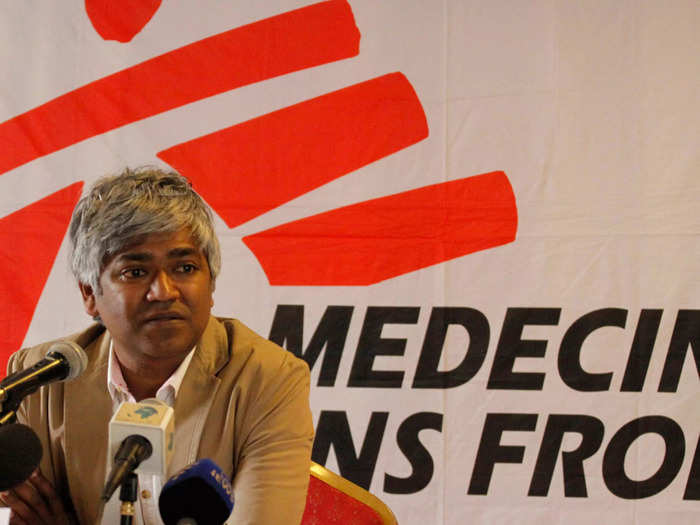
This French organization — known in English as Doctors Without Borders — won in 1999 for their medically related humanitarian aid that stretched over multiple continents, as it continues to do.
2000: Kim Dae-jung
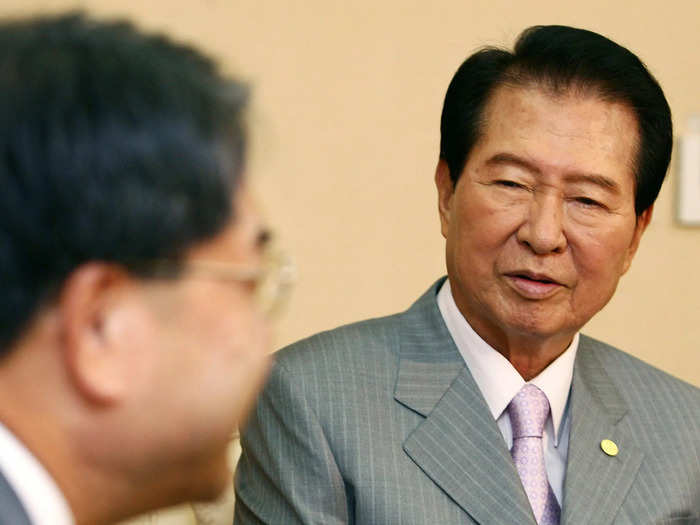
President Dae-jung of South Korea approached relations with North Korea with what he called a "sunshine policy," ending decades of war-like tension between the two countries. He won the prize for the spreading of democratic values.
2001: United Nations and Kofi Annan
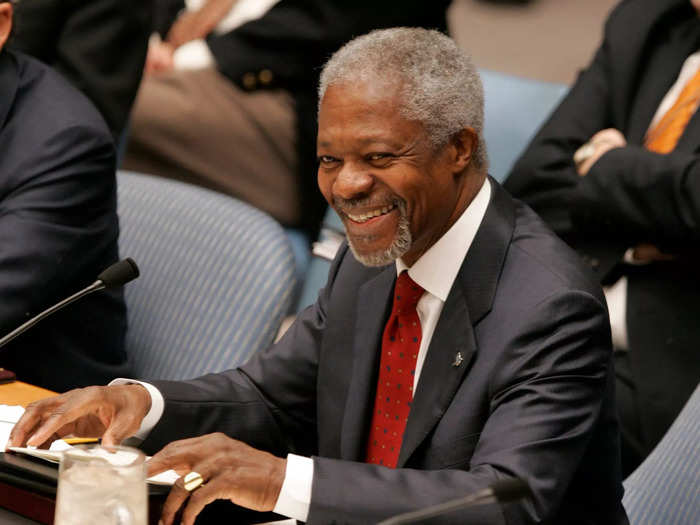
2001 was the UN's centennial year, so the Nobel committee decided to split the award between the organization and Annan, its secretary general, to honor a century of cooperative work between states and toward peace.
2002: Jimmy Carter
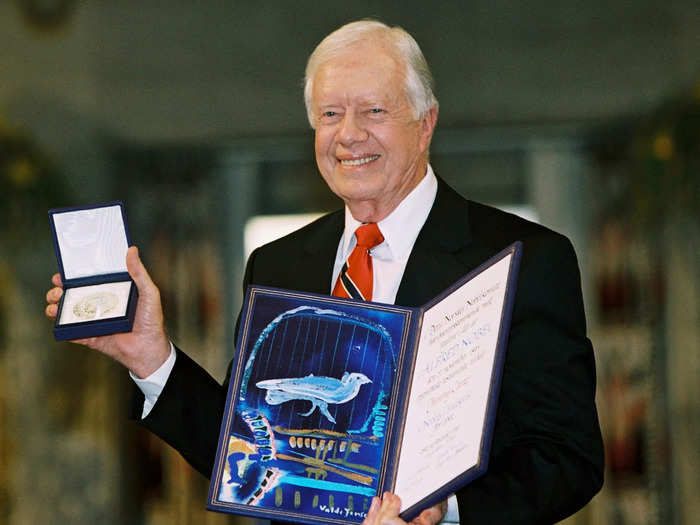
Carter, the 39th president of the United States, received a Nobel in 2002 for his work toward solving international conflicts and decades of advocating for rights and economic progress.
2003: Shirin Ebadi
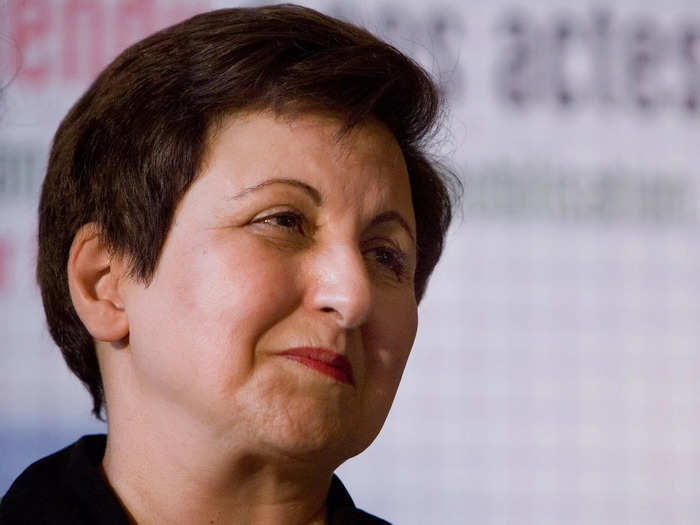
Ebadi, hailing from Iran, was the "first female peace prize laureate from the Islamic world."
The Iranian lawyer and judge was recognized for proposing amendments to divorce laws in her country and advocating for the separation of church and state. She is especially concerned with the rights of women, children, and those targeted by authorities.
2004: Wangari Muta Maathai
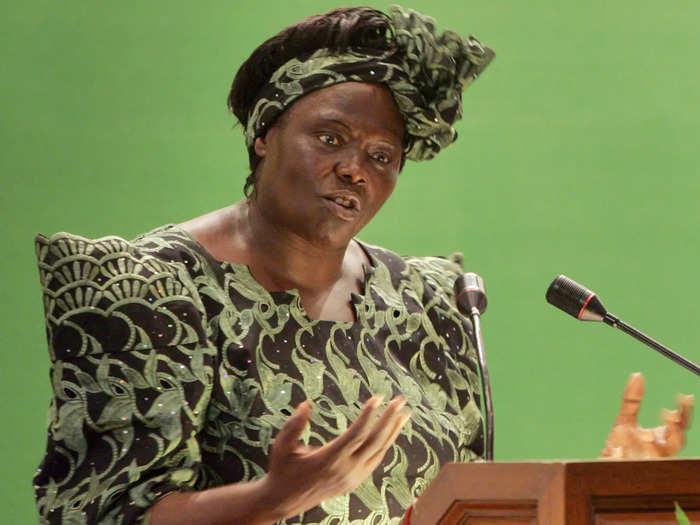
The first African woman to receive the Nobel, Maathai has promoted peace and democratic values. Most notably, she started the Green Belt movement, which led to the planting of over 30 million trees in her homeland of Kenya.
2005: International Atomic Energy Agency (IAEA) and Mohamed ElBaradei
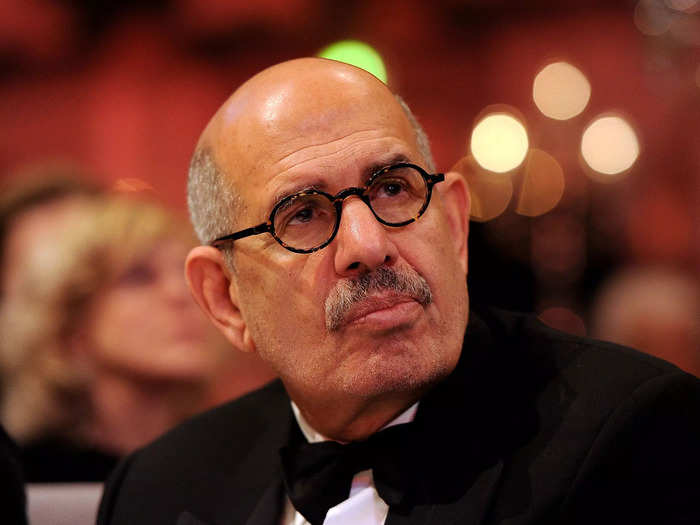
The IAEA, and ElBaradei, its director, won for their persistent efforts toward promoting safe (and sparse) usage of nuclear energy.
2006: Muhammad Yunus and Grameen Bank
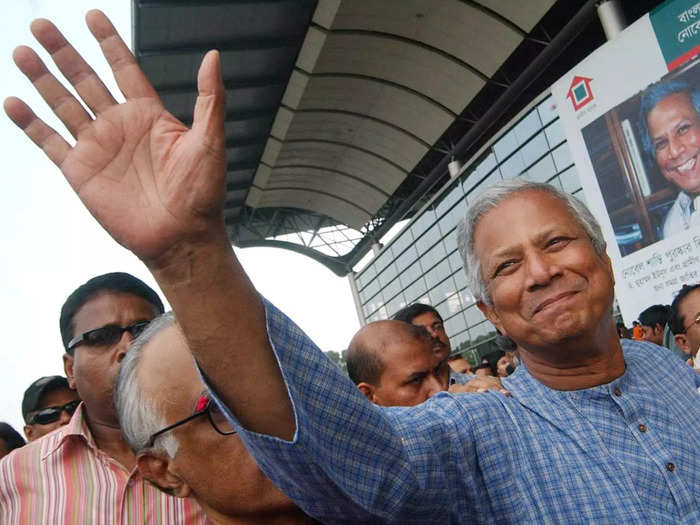
Yunus a Bangladeshi banker and entrepreneur, invented micro-credit and established the Grameen Bank as a means to fight poverty using small loans. He won a Nobel for his impactful progress in 2006.
2007: Intergovernmental Panel on Climate Change (IPCC) and Albert Arnold (Al) Gore Jr.
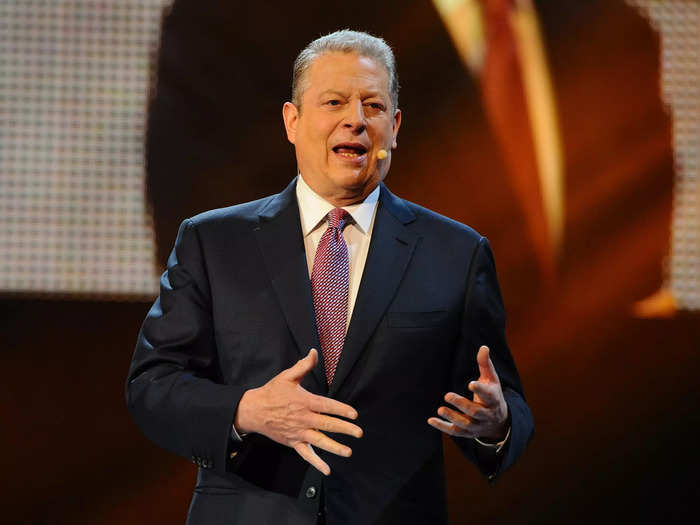
A forerunner of environmentalism, Al Gore, former US vice president, along with the IPCC won in 2007 for their efforts to make climate change a global topic of discussion and increase awareness of its severity, especially looking for ways to combat it.
2008: Martti Ahtisaari
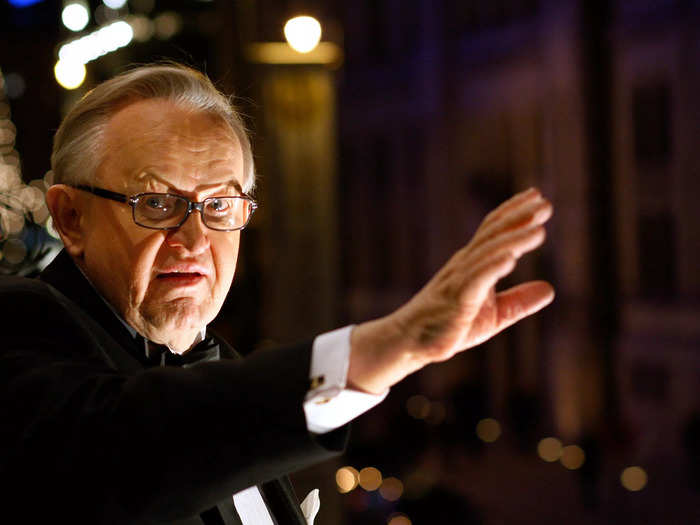
Former president of Finland, Ahtisaari was a major contributor to Namibia's independence, in addition to bringing the Aceh province in Indonesia peace. He was given the Nobel for over three decades of work toward international conflict resolution in 2008.
2009: Barack Obama
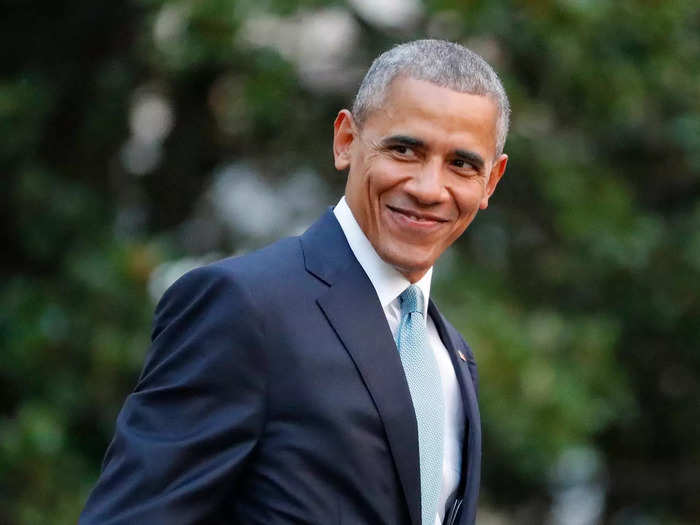
Just eight months into his presidency at the time, Barack Obama was awarded the Nobel for advocating — and effecting change in — the dialogue and diplomacy between international peoples, in addition to supporting a nuclear-free world.
2010: Liu Xiaobo
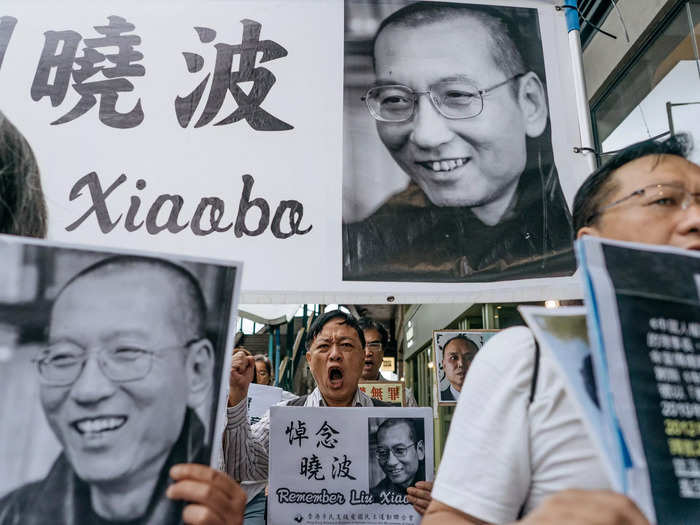
A longtime advocate for human rights in China, Xiaobo, a writer and activist, won the Nobel in 2010 for over 20 years of struggling to create an end to the one-party system in his home country. He died in 2017.
2011: Ellen Johnson Sirleaf, Leymah Gbowee, and Tawakkol Karman
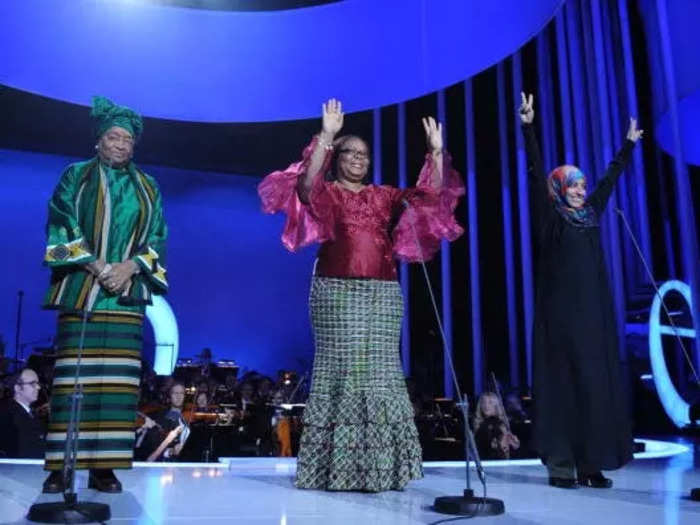
These three women rallied during wartime in Liberia, calling for women's rights and participation in the democratic process, which resulted in successful peace negotiations, and they shared the 2011 Nobel for their progress.
2012: European Union (EU)
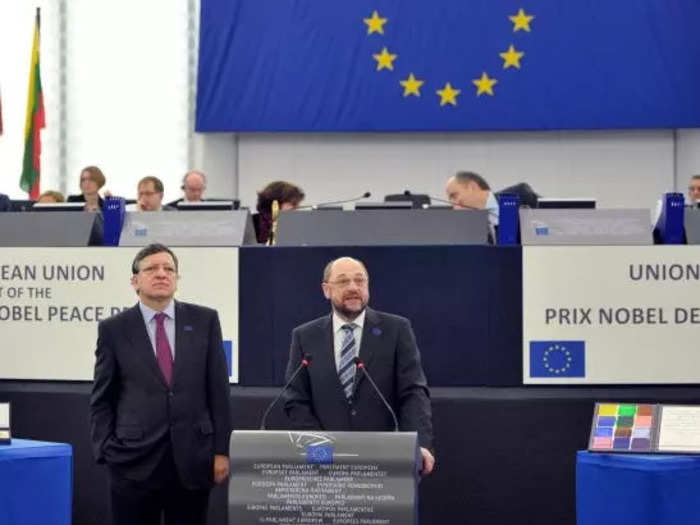
In 2012, the European Union celebrated over six decades of peace-making and conflict resolution, including repairing Germany and France's relationship following World War II.
2013: Organisation for the Prohibition of Chemical Weapons (OPCW)
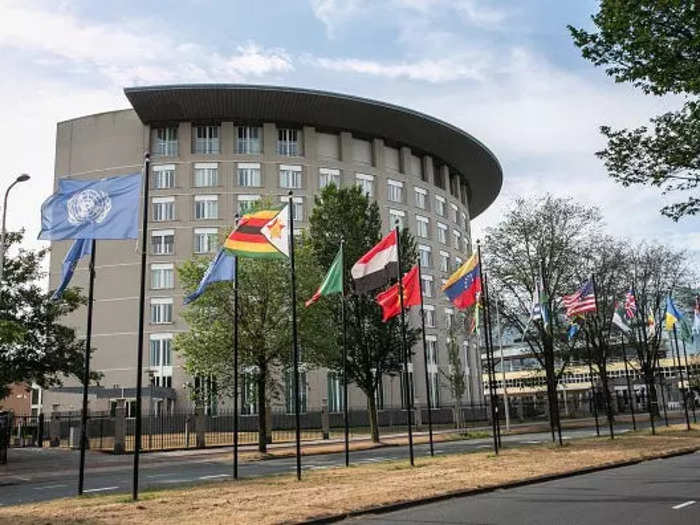
Formed in 1997, the OPCW works to ensure that nuclear weapons are adhering to the 1997 ban (of manufacturing and storage) throughout the world.
2014: Kailash Satyarthi and Malala Yousafzai
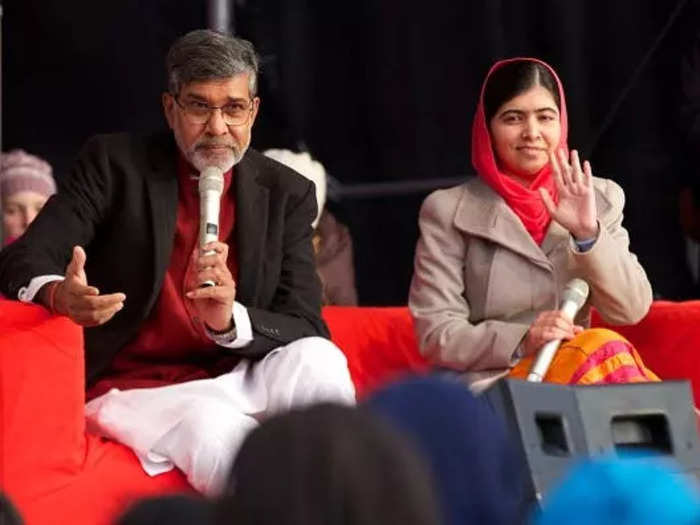
Yousafzai survived an assassination attempt in her home country of Pakistan and became an activist for the education of women and children; Satyarthi has founded multiple organizations that save children from child labor. The two were honored for their strides in 2014.
Aged 17 at the time she received her Nobel, Yousafzai is its youngest recipient to date.
2015: National Dialogue Quartet
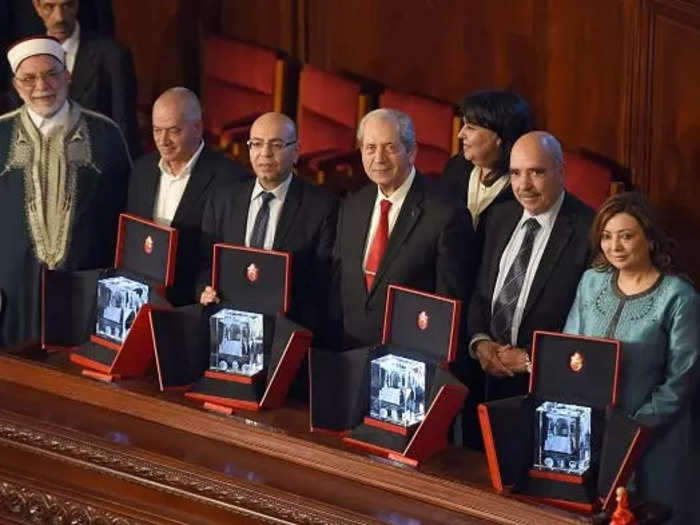
After the 2011 Jasmine Revolution in Tunisia, the National Dialogue Quartet — an amalgamation of four organizations — was formed to ease dialogue between nations involved in the Arab Spring. They were honored in 2015.
2016: Juan Manuel Santos
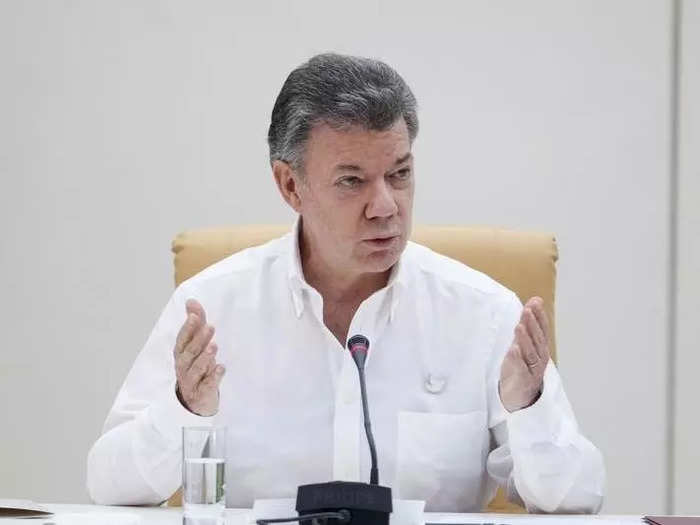
Santos, the president of Colombia, won the Nobel for helping to end the civil war — which had been plaguing the country since the 1960s — by successfully taking the reigns of negotiations between the Colombian government and FARC guerrillas.
2017: International Campaign to Abolish Nuclear Weapons (ICAN)
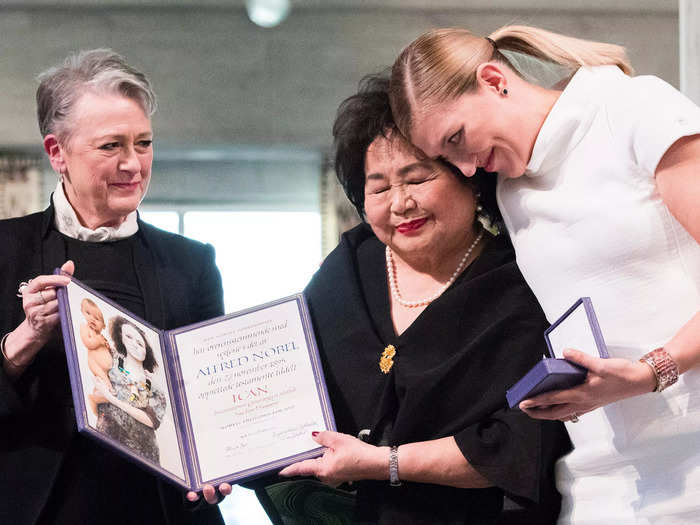
ICAN, the International Campaign to Abolish Nuclear Weapons, works to bring attention to the consequences of using nuclear weapons from a humanitarian point of view and strives to create treaties to resolve nuclear conflict — it received the Nobel Peace Prize in 2017 for its efforts and successes.
2018: Denis Mukwege and Nadia Murad
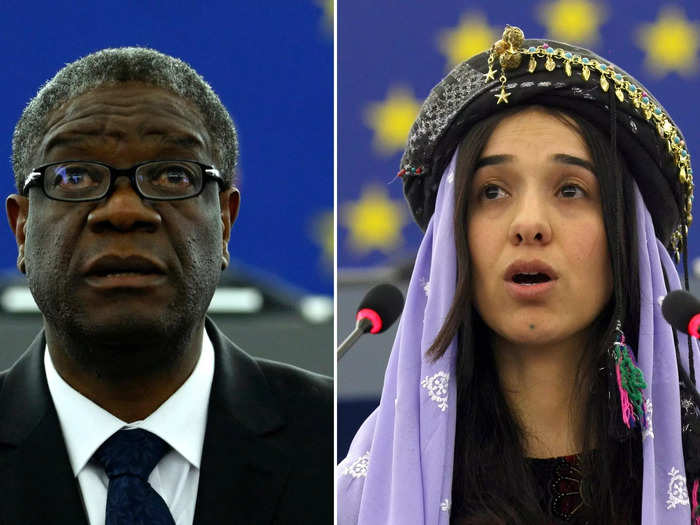
Mukwege and Murad split the Nobel Peace Prize for their work to "end sexual violence as a weapon in war and armed conflict."
Dr. Mukwege is a gynecological surgeon from the Congo, which has been referred to in the past as the "rape capital of the world." Murad is a Yazidi woman who became a voice for survivors of sexual violence after being a captive of the Islamic state.
2019: Abiy Ahmed
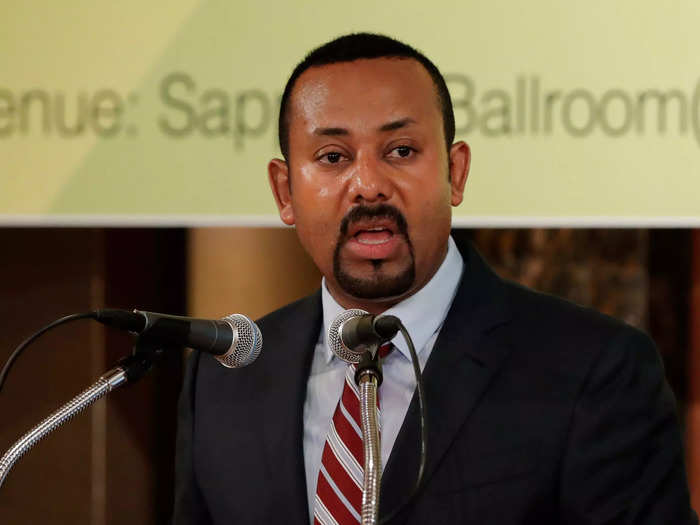
Ethiopian Prime Minister Abiy Ahmed won the Nobel Peace Prize "in recognition of his efforts to end the country's two-decade border conflict with Eritrea," the AP reported.
The prime minister told the Nobel committee in a call that he hopes the award will inspire other African leaders to continue peacebuilding efforts throughout the continent, according to the AP.
READ MORE ARTICLES ON
Popular Right Now
Popular Keywords
Advertisement